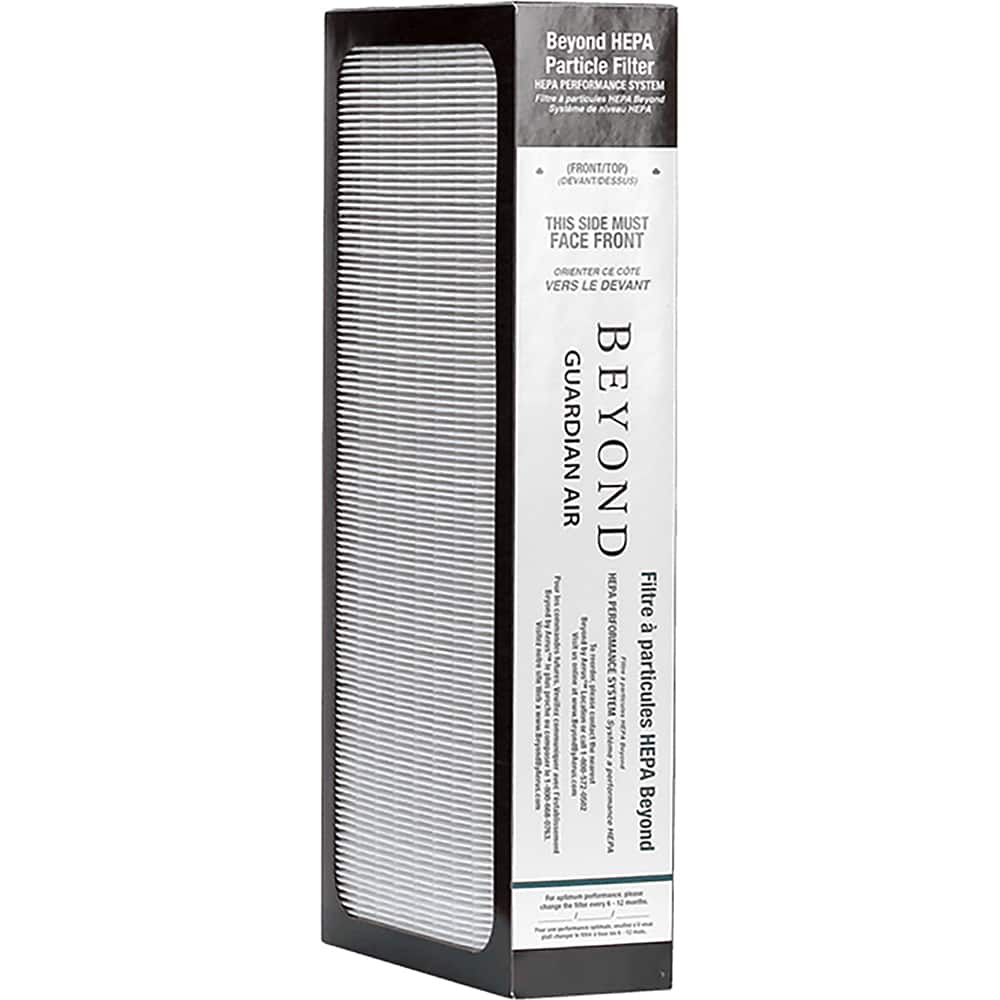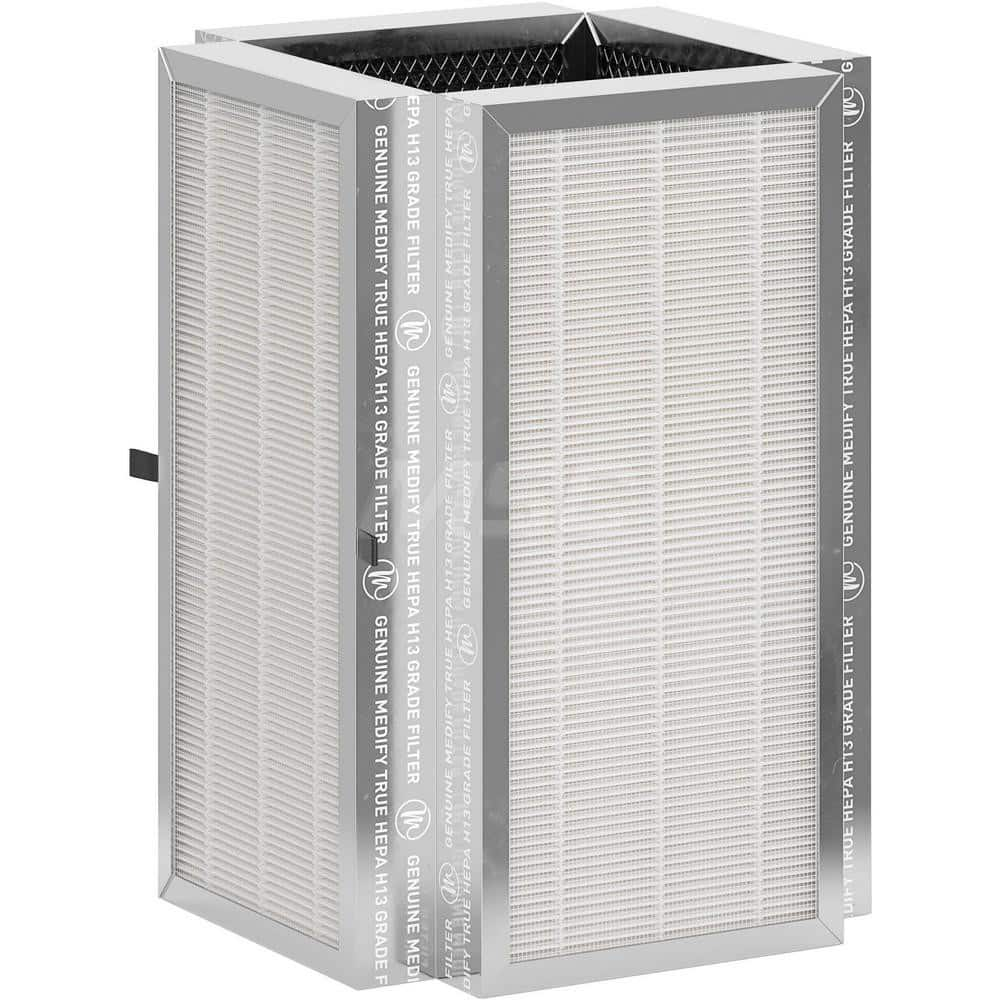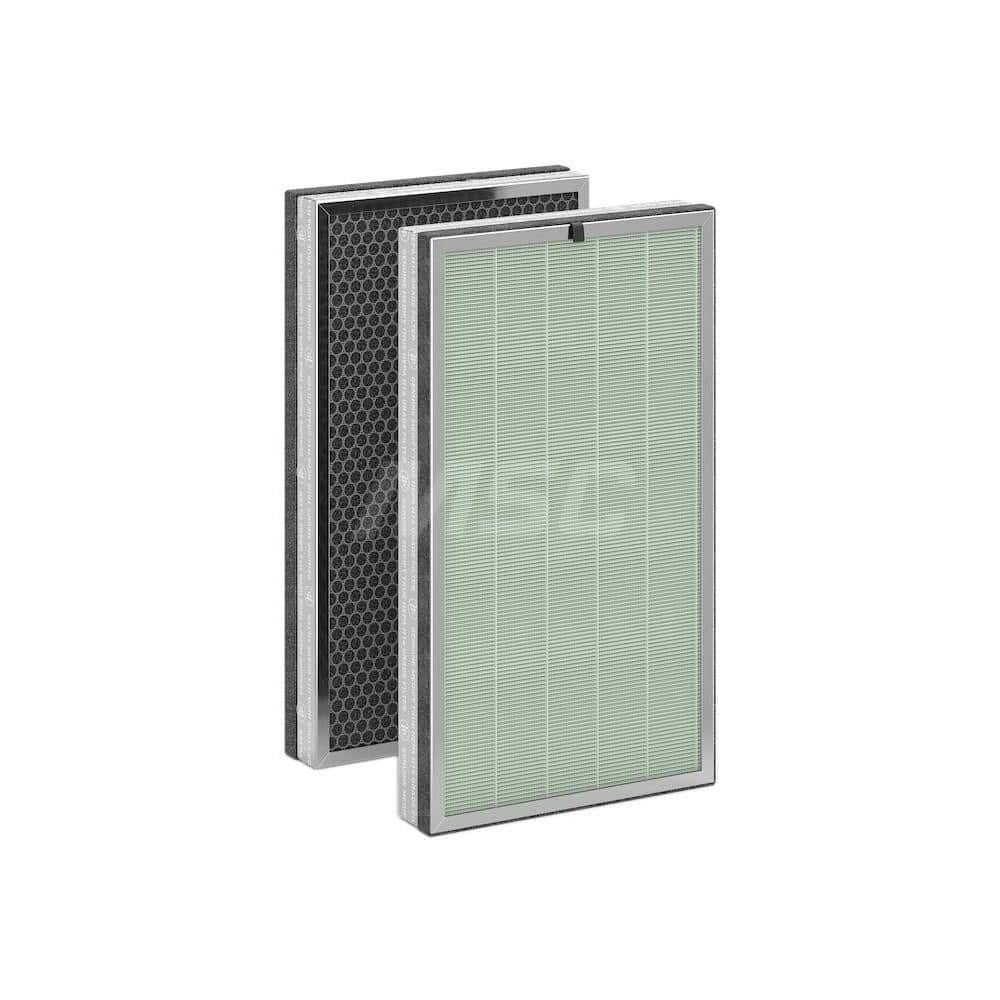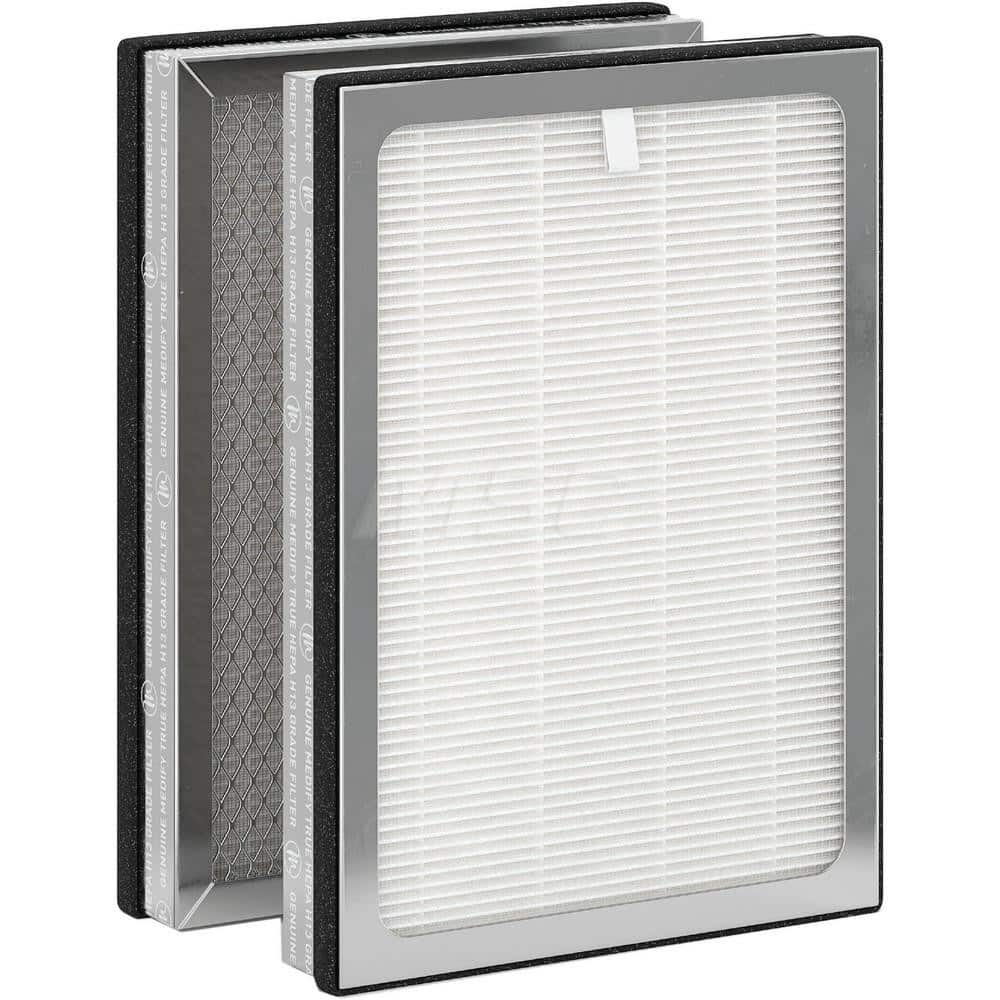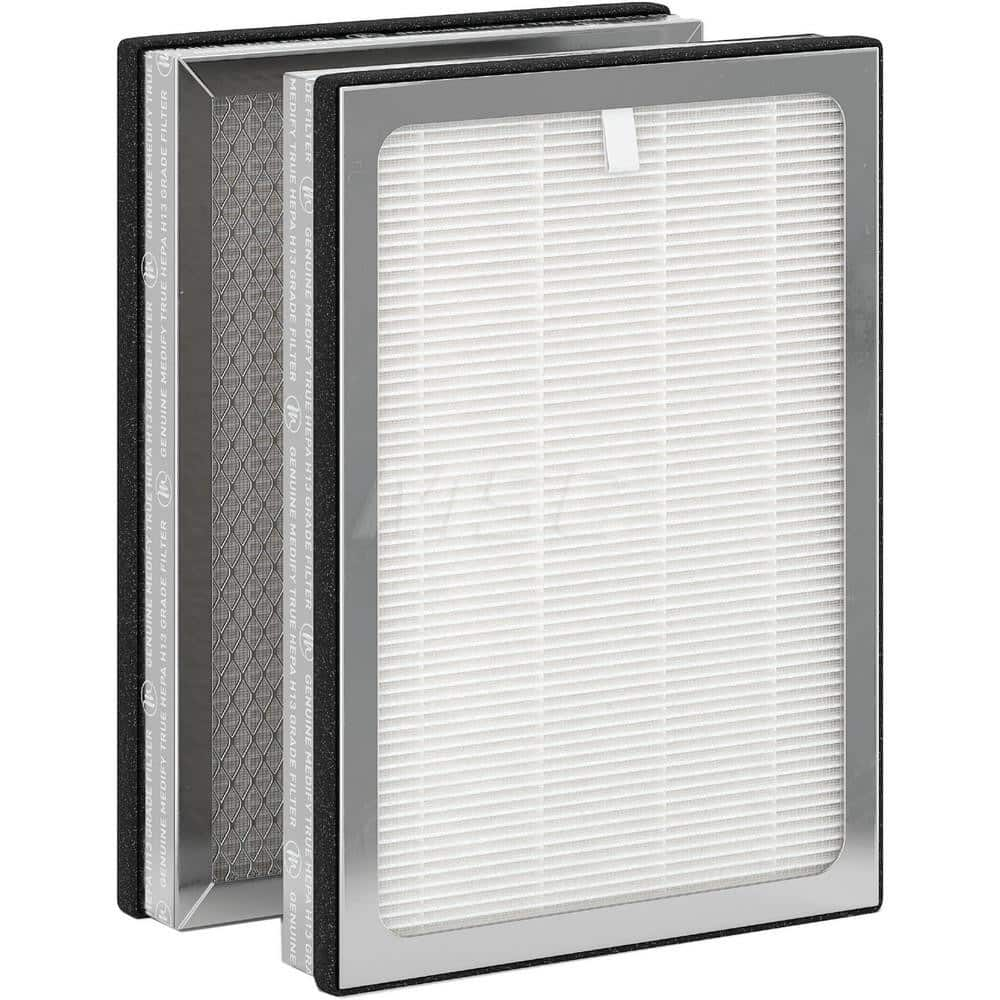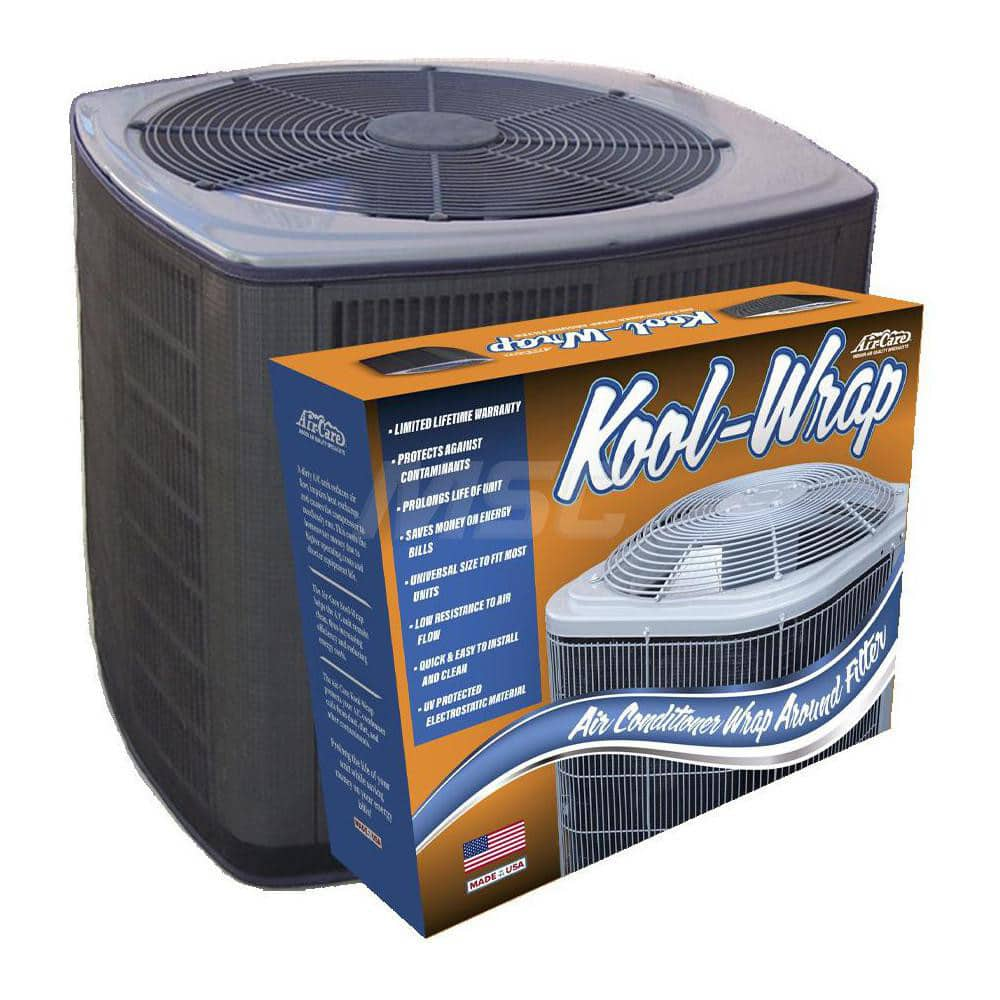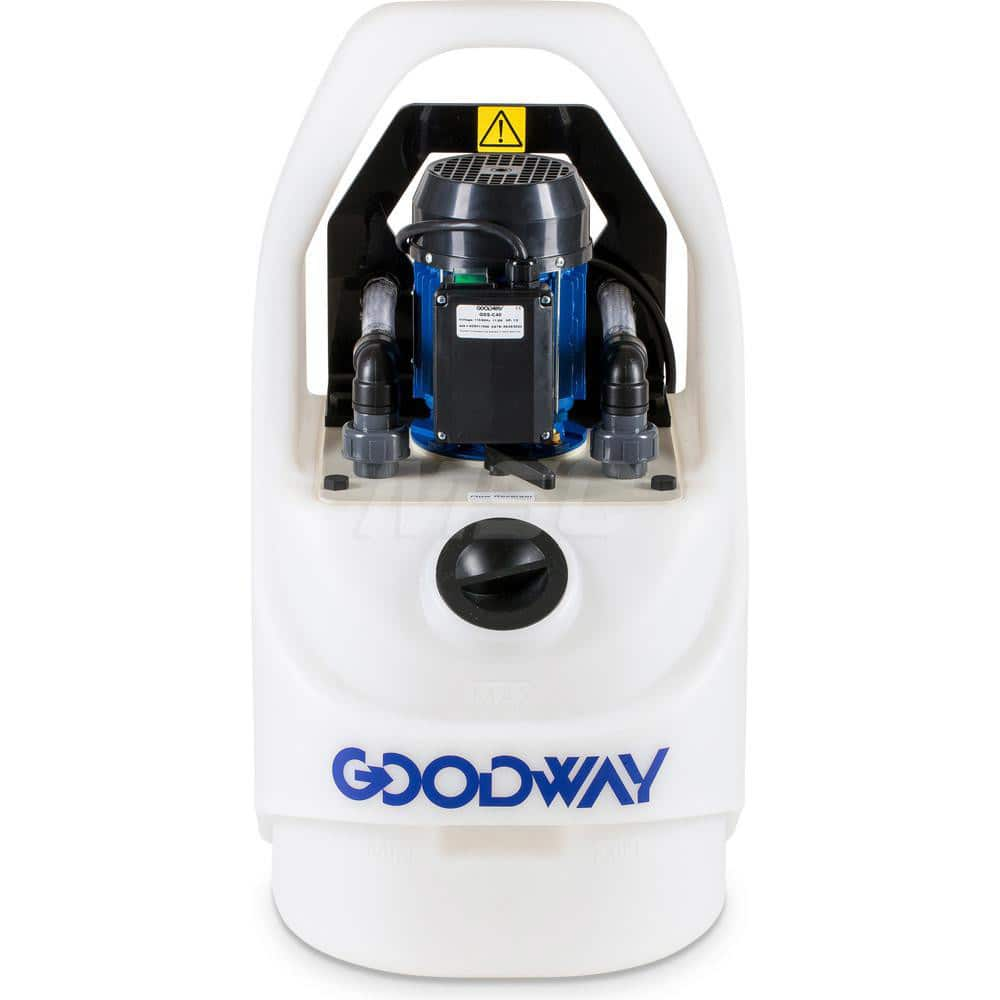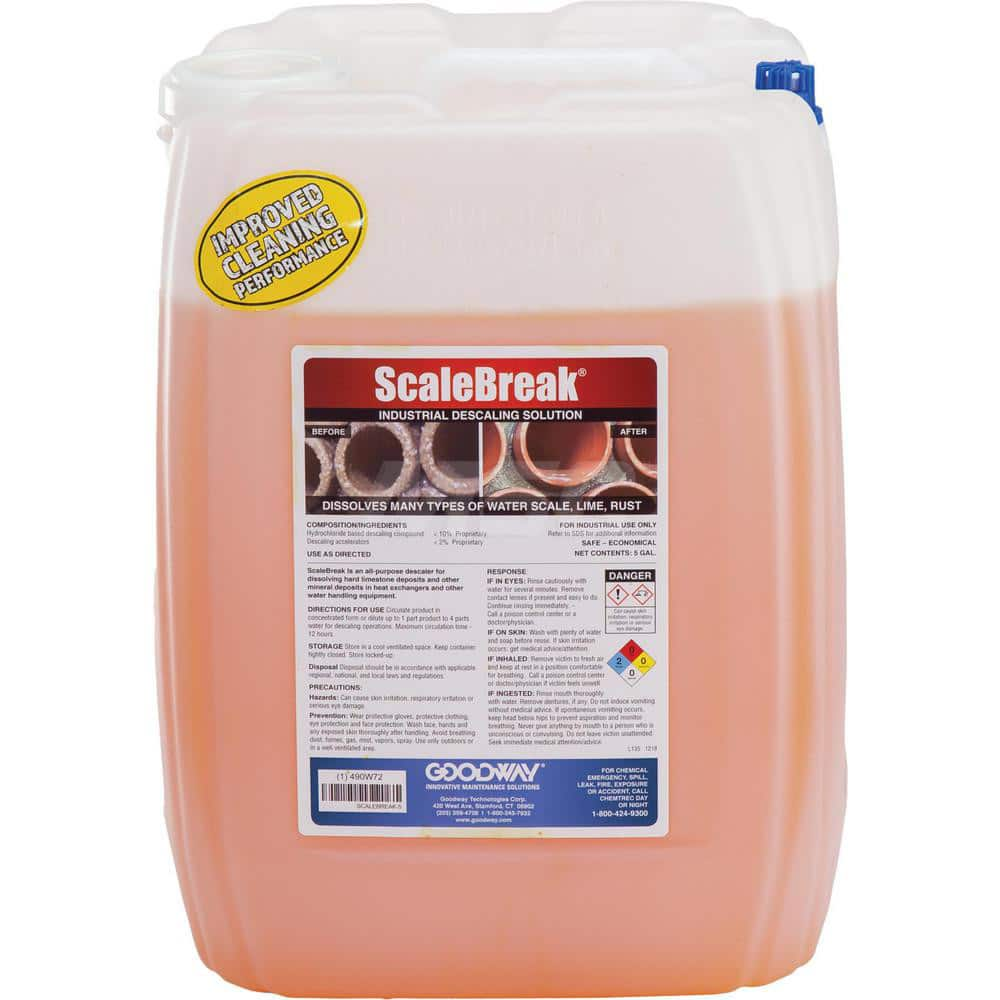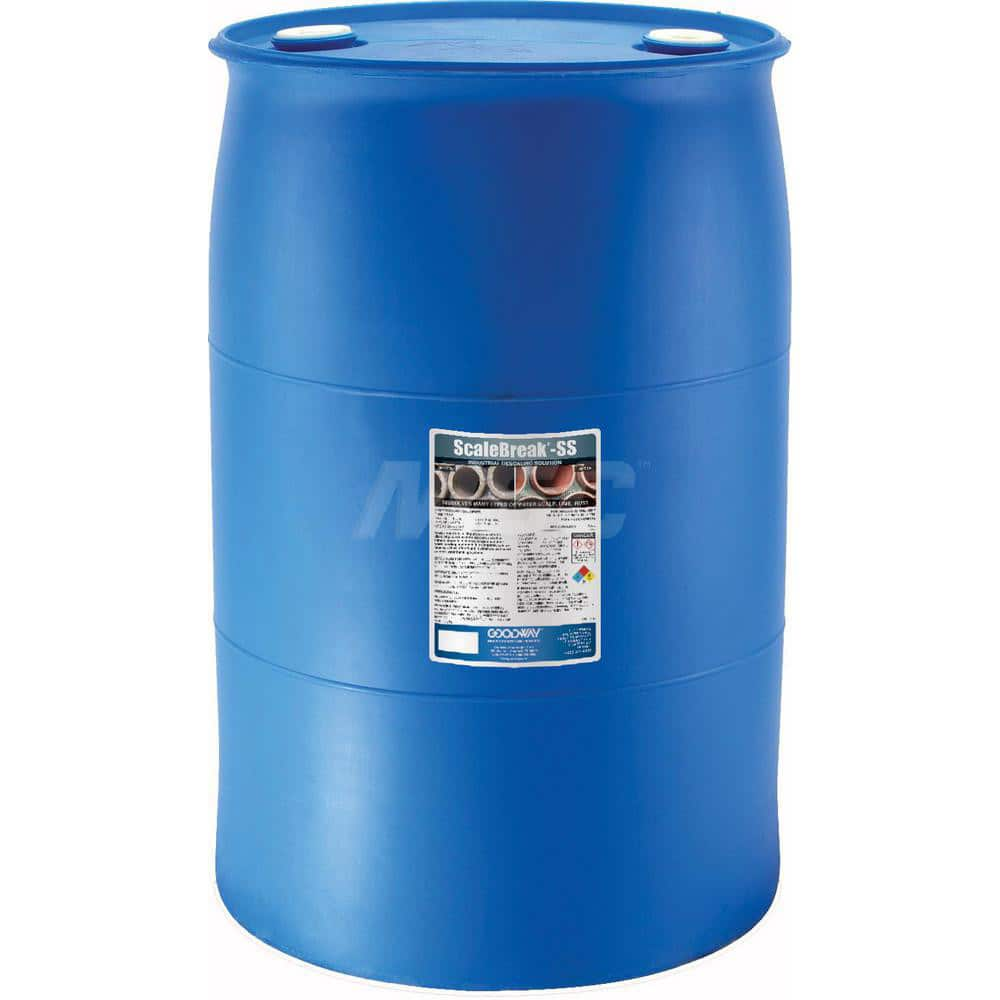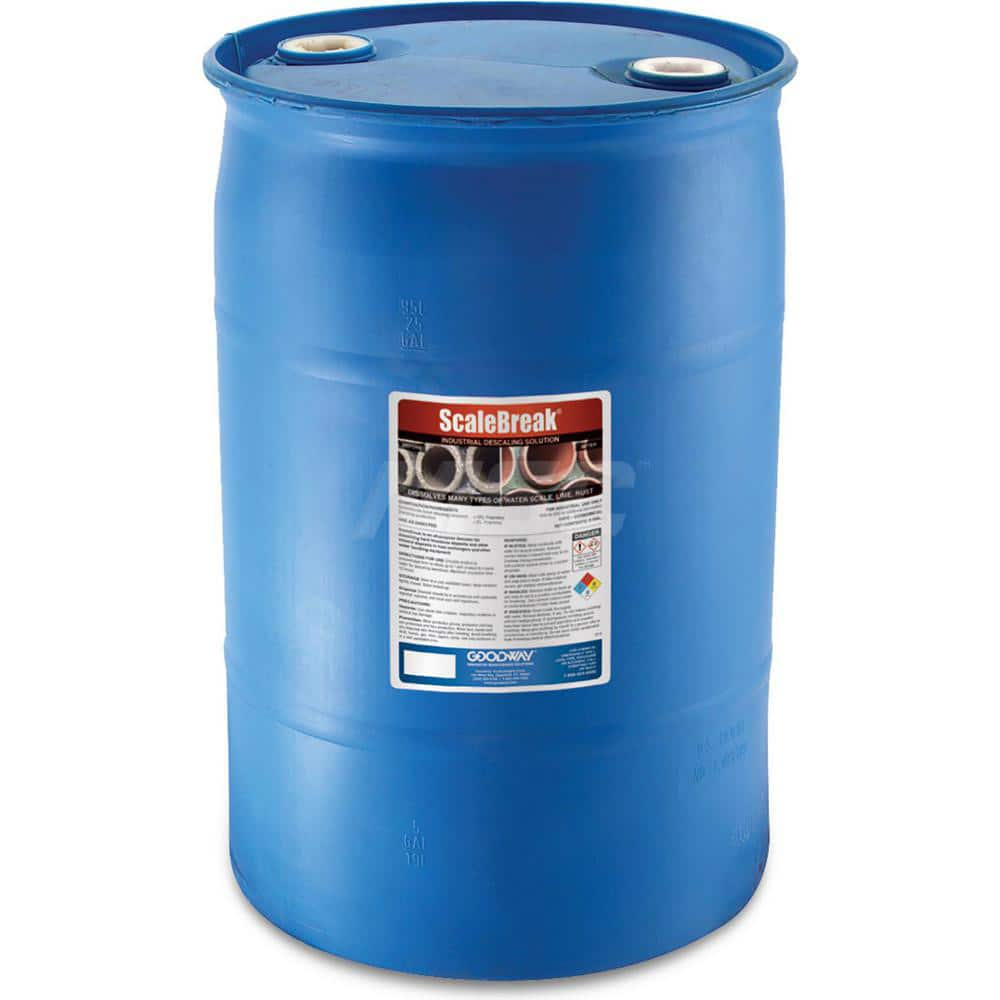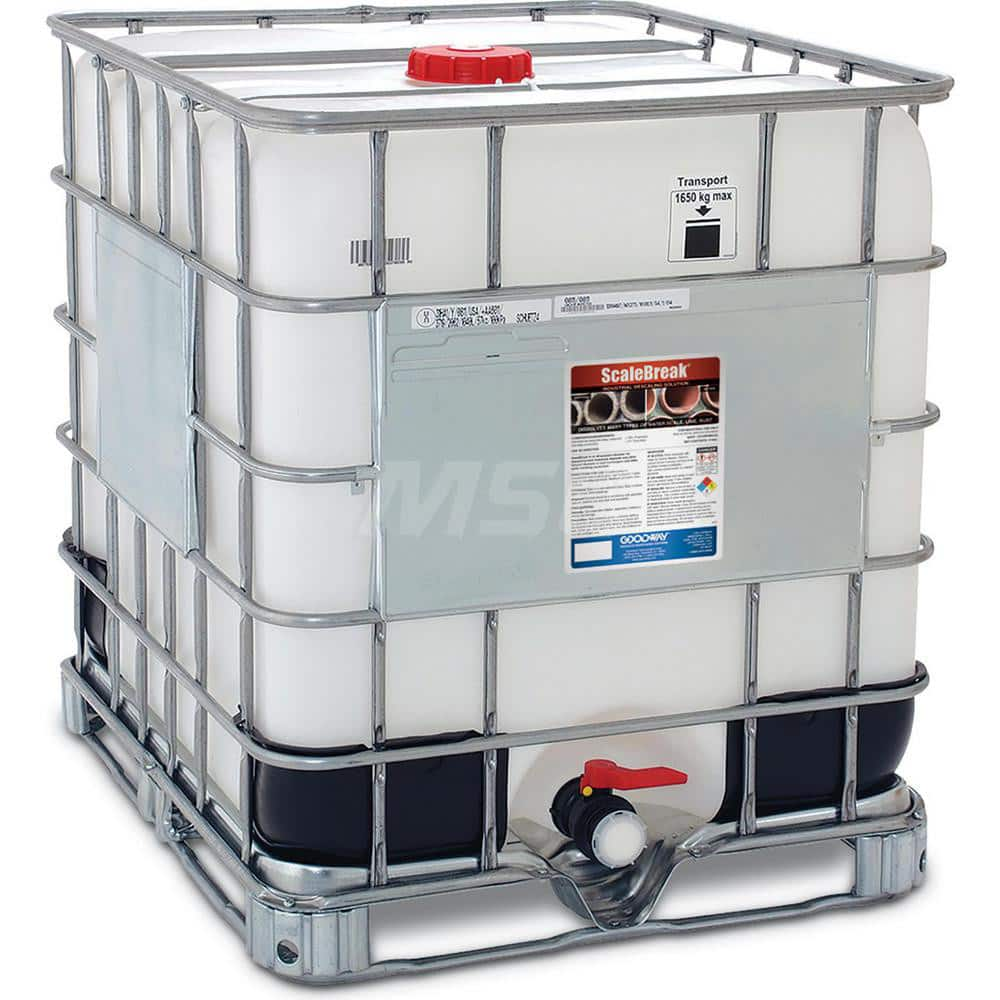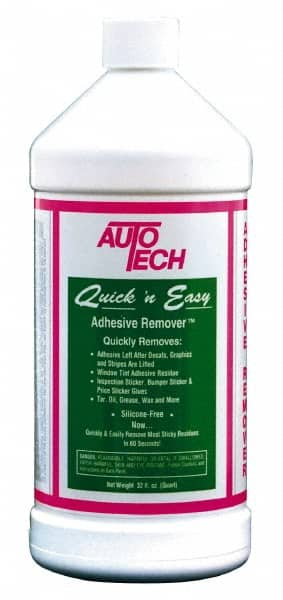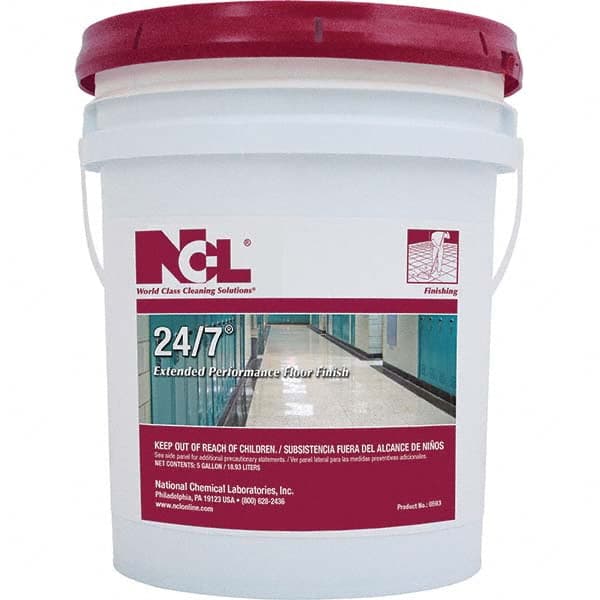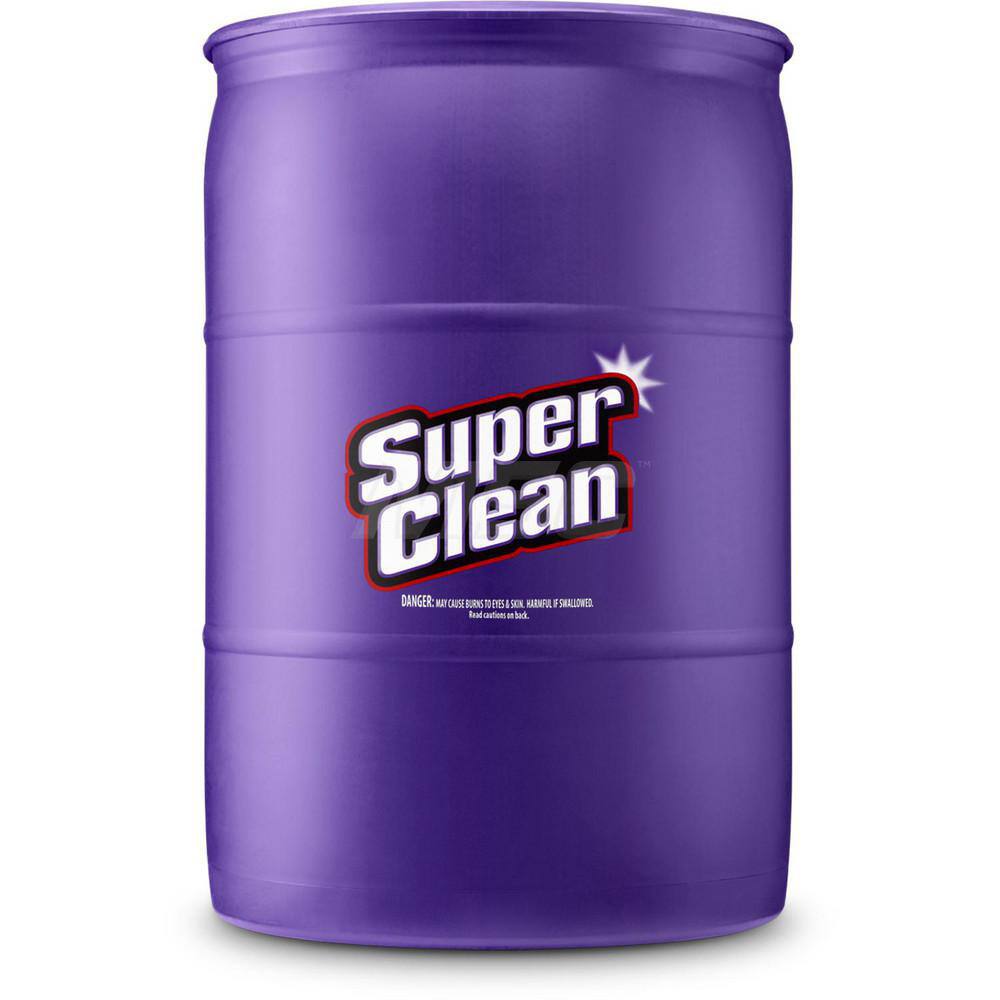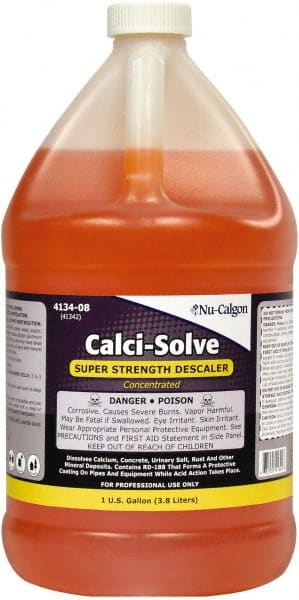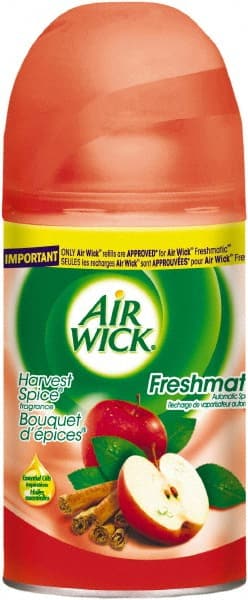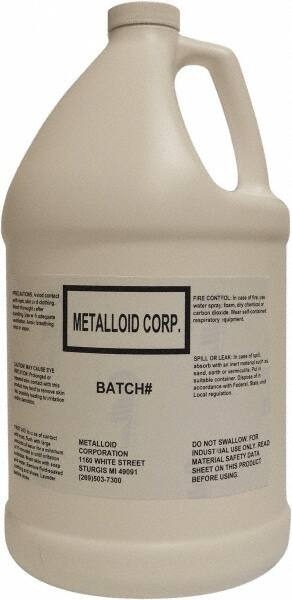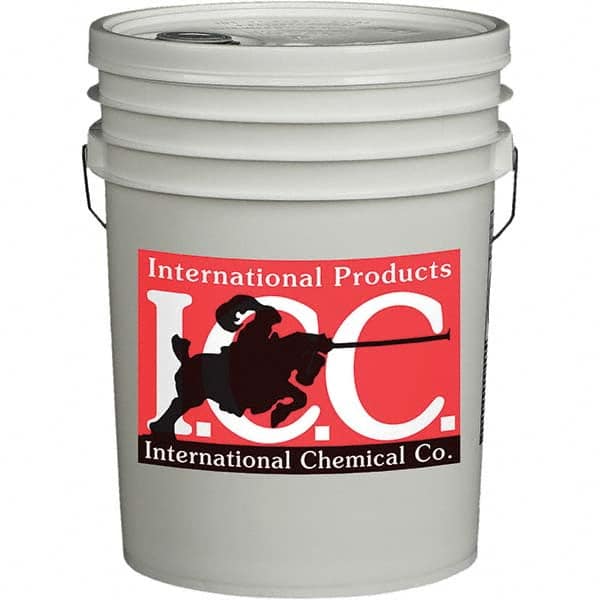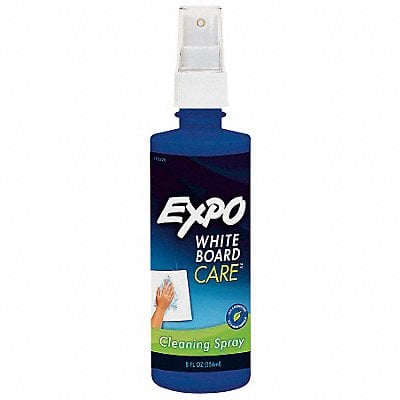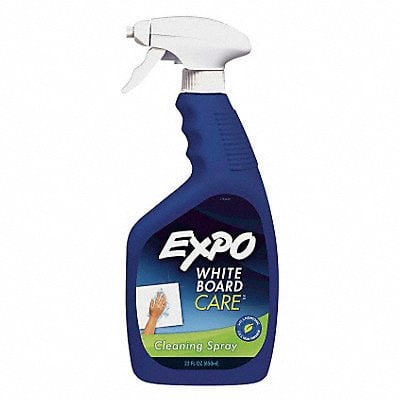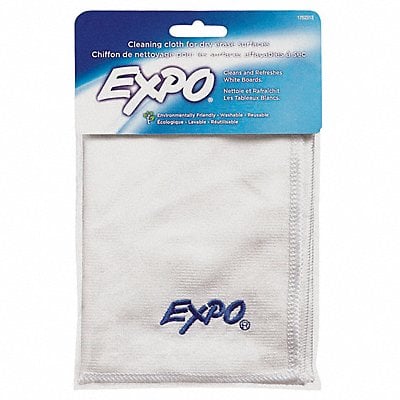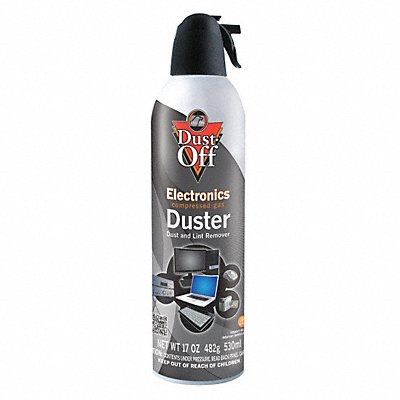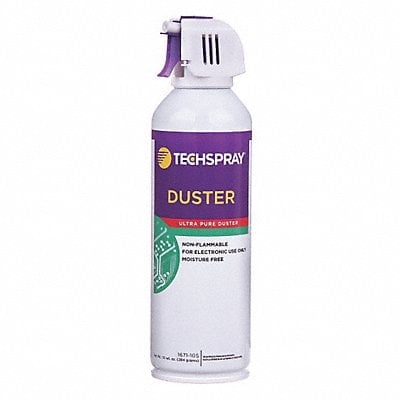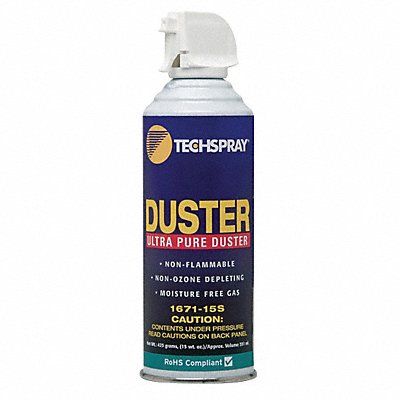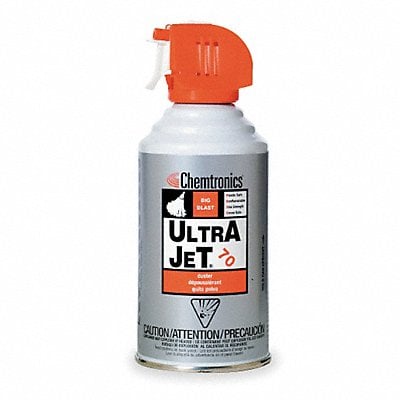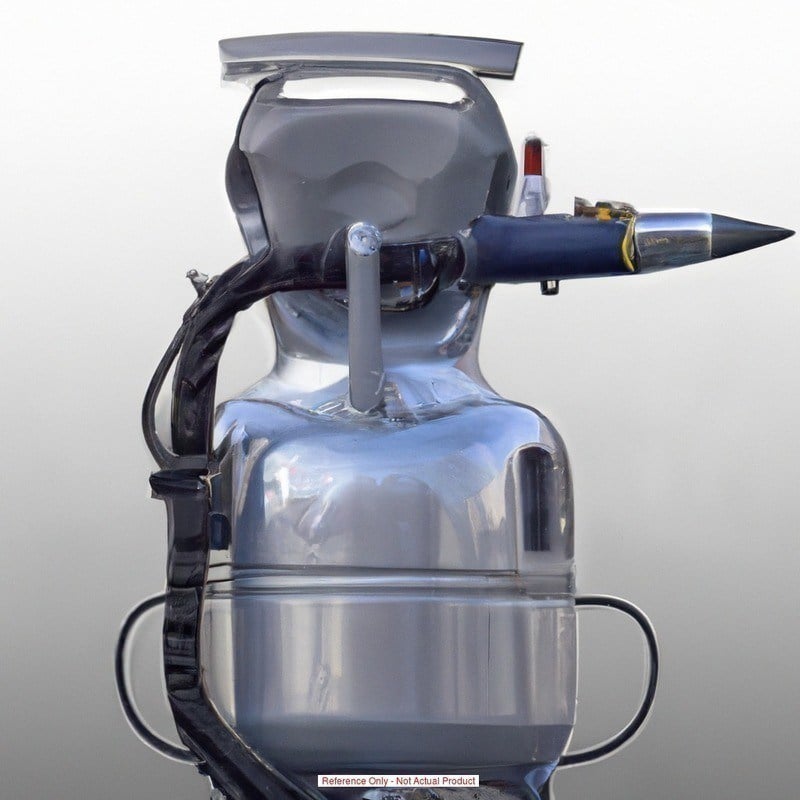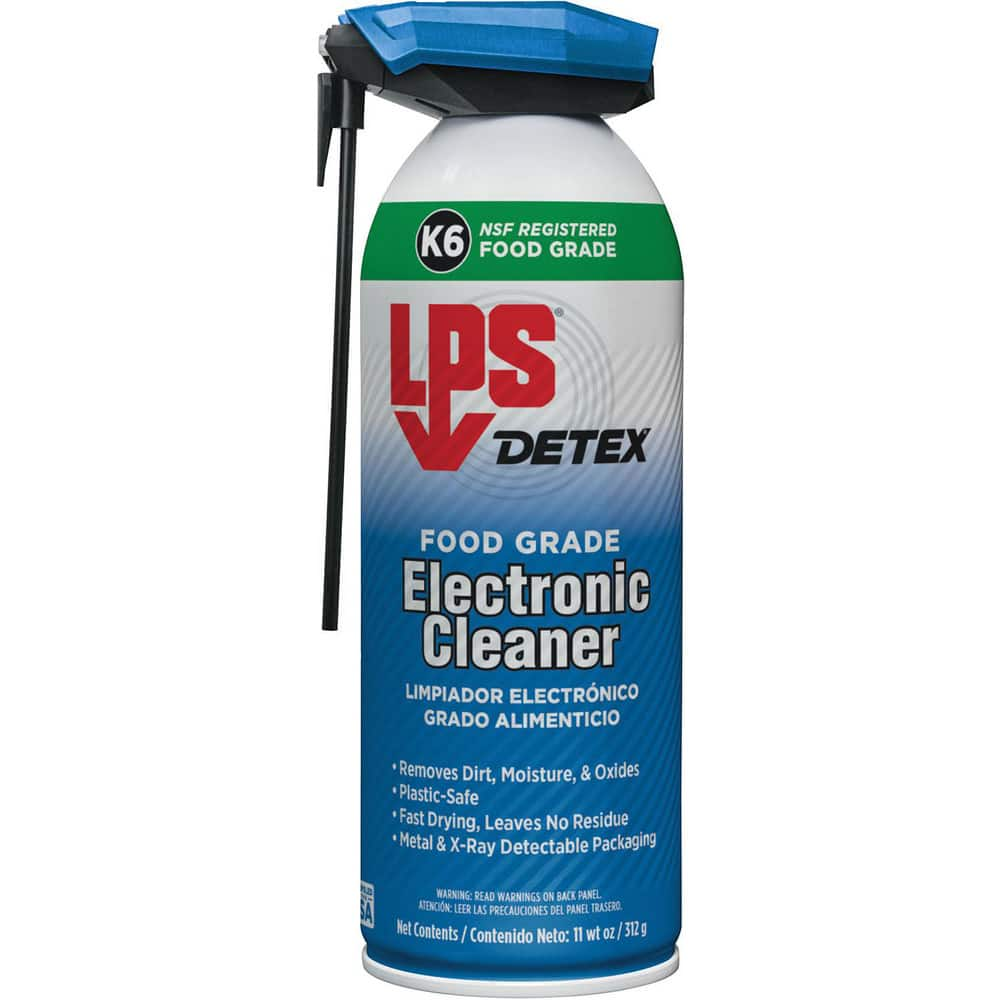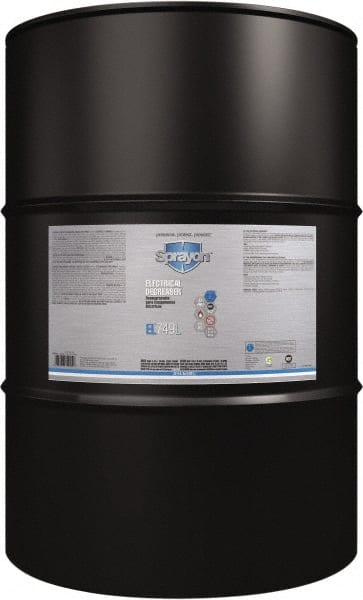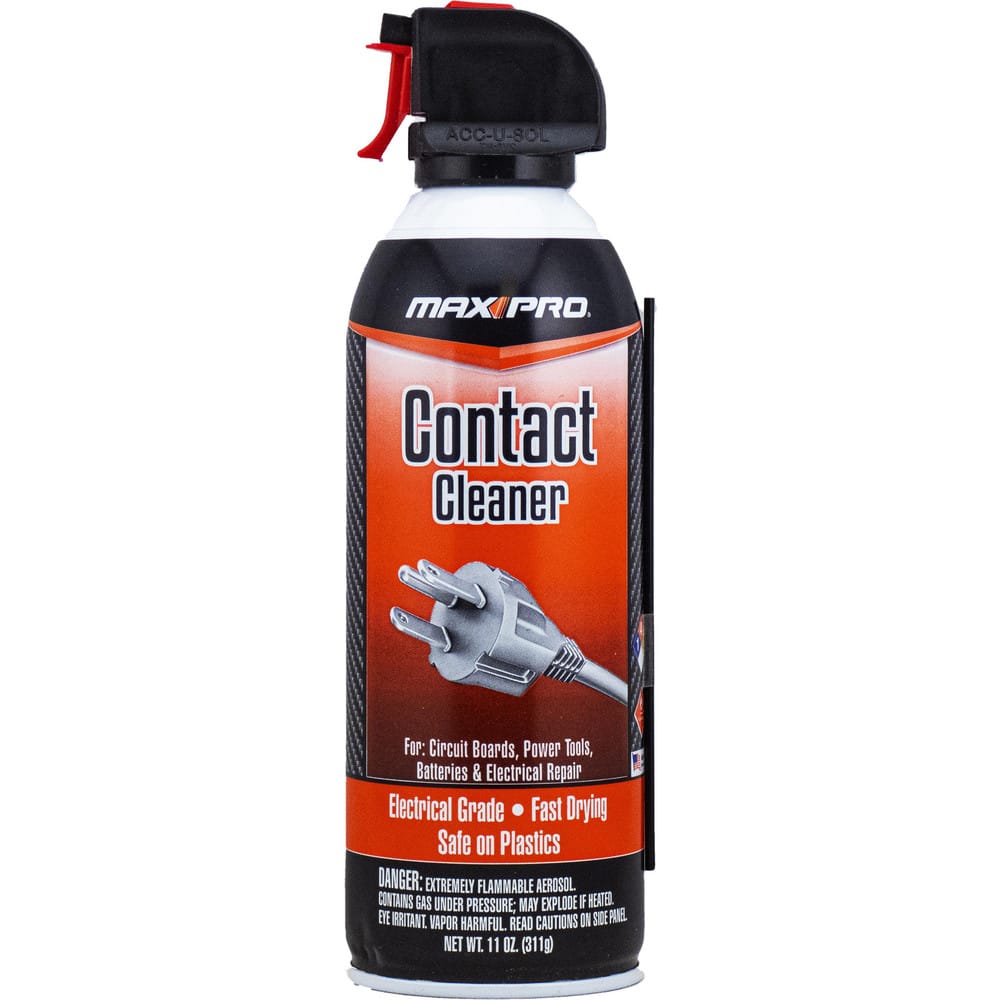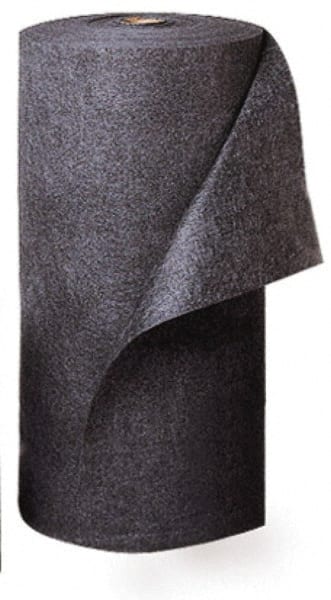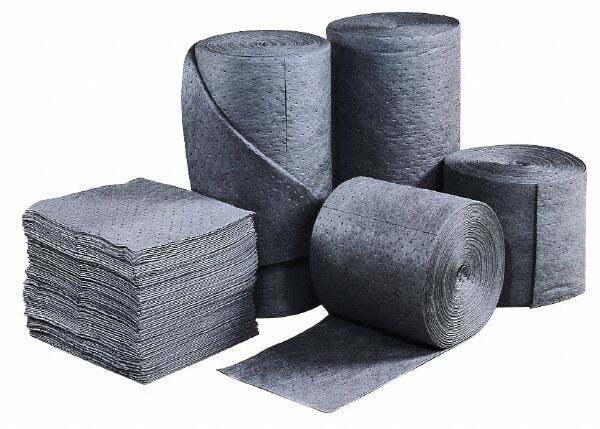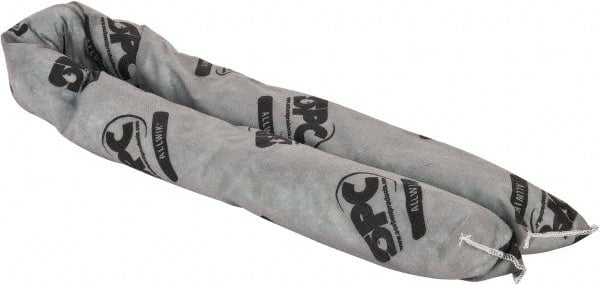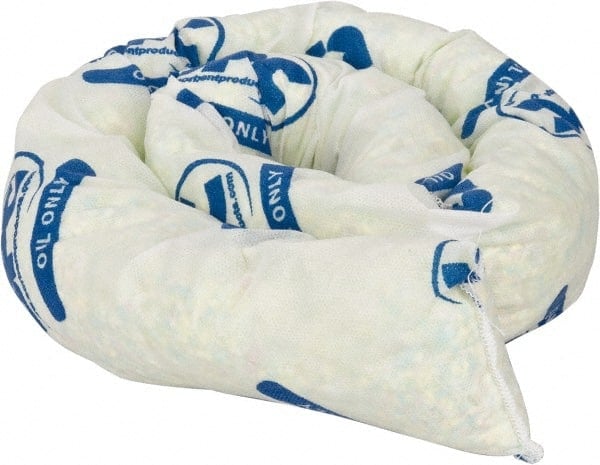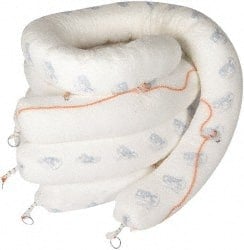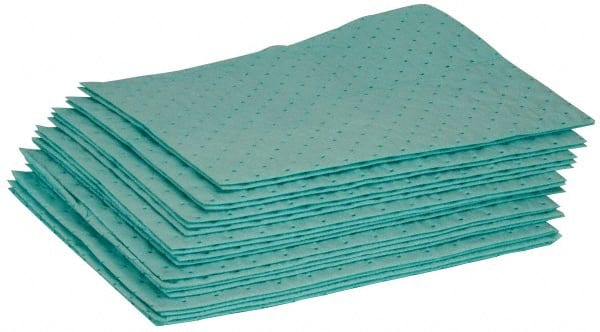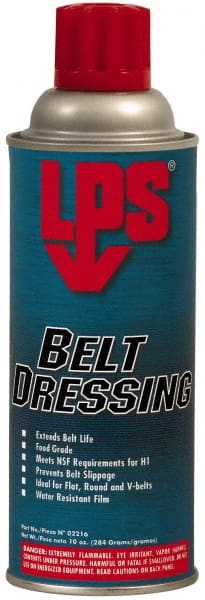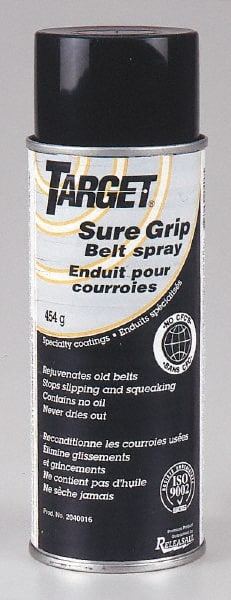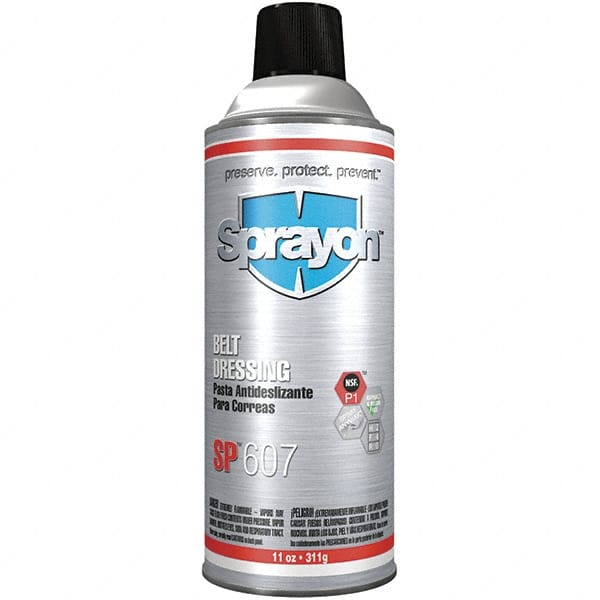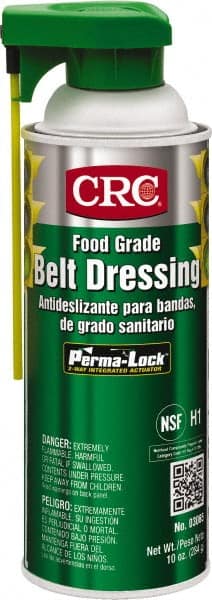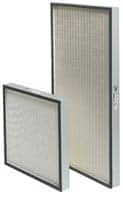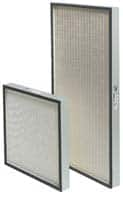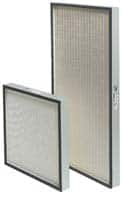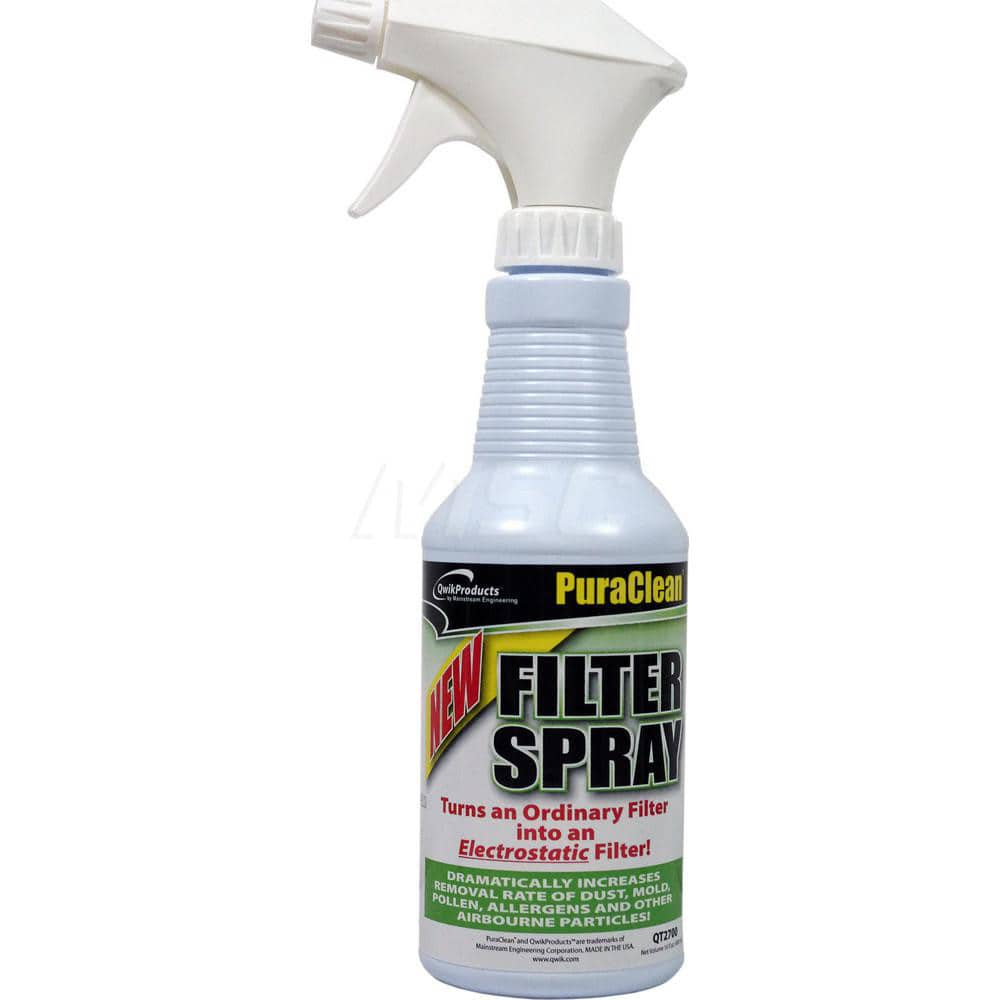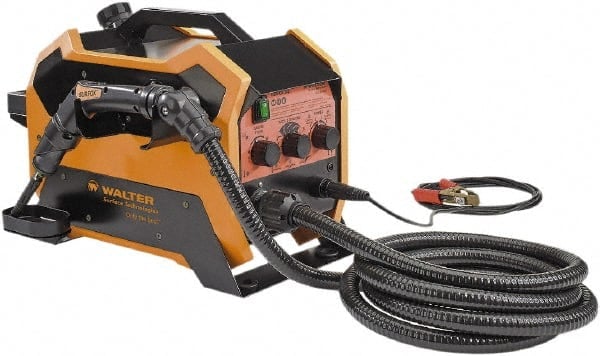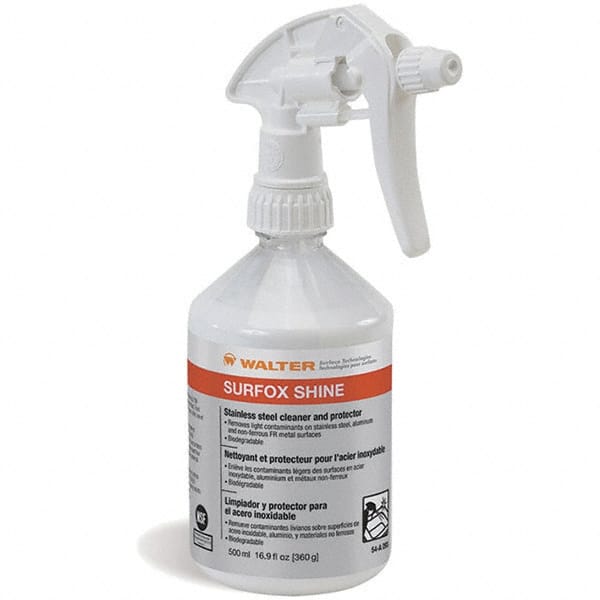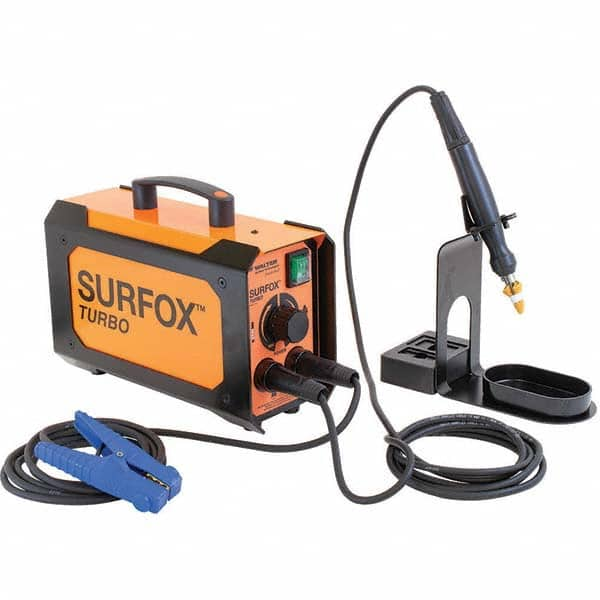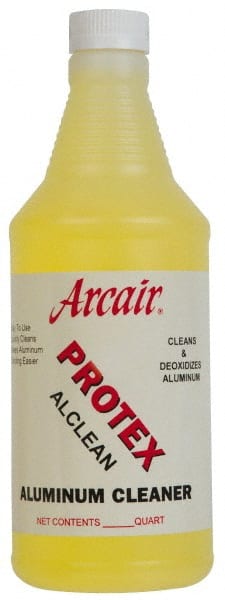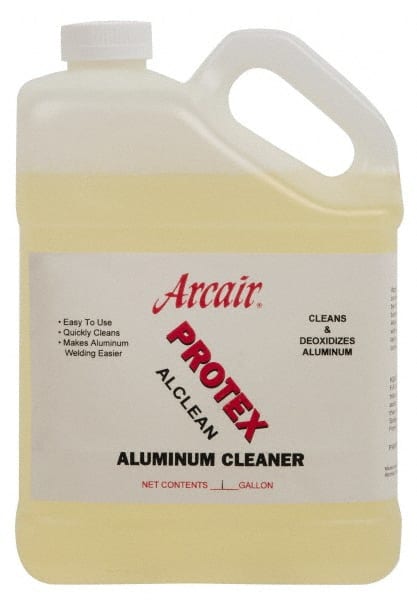Safety First: 12 Vital Tips for Industrial Cleaning Products!
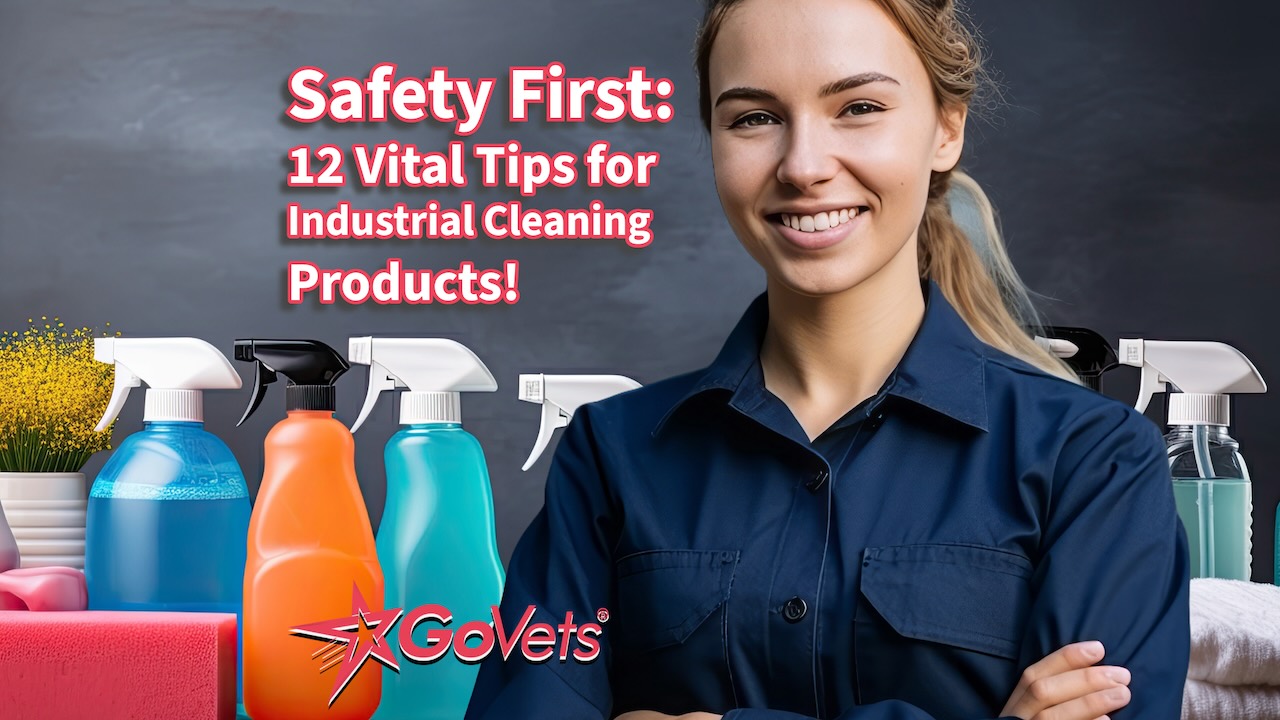
Introduction:
In every workplace, maintaining cleanliness and safety standards is paramount. This guide focuses on a range of essential cleaning supplies and their proper usage to ensure workplace safety. From air cleaner accessories to rust removers, each product category comes with its own set of safety considerations. Let's delve into the importance of workplace safety and how to use these cleaning supplies effectively to minimize risks.
1. Air Cleaner & Filter Accessories
Overview: Air cleaner and filter accessories are vital components in maintaining indoor air quality. These accessories include filters, replacement parts, and cleaning solutions designed to optimize the performance of air cleaning systems.
Top 5 Safety Risks:
- Inhalation of harmful particles during filter replacement.
- Electrical hazards when handling electronic components.
- Exposure to cleaning chemicals, leading to skin irritation or respiratory issues.
- Mishandling of sharp objects during maintenance.
- Potential for falls when accessing high-up installations.
Top 5 Safety Considerations:
- Always follow manufacturer instructions for installation and maintenance.
- Wear appropriate personal protective equipment (PPE), such as gloves and masks.
- Power off electrical systems before performing any maintenance.
- Store cleaning chemicals in designated areas away from heat sources.
- Use ladders or scaffolding safely to reach elevated areas.
Top 10 FAQs:
-
How often should air filters be replaced for optimal safety?
- Air filters should be replaced regularly, typically every 1 to 3 months, to maintain indoor air quality and prevent airborne contaminants from circulating.
-
Can dirty air filters pose safety hazards?
- Yes, dirty air filters can restrict airflow, leading to strain on HVAC systems and potential overheating or malfunctions, posing safety risks.
-
Are there safety precautions for handling used air filters?
- Yes, used air filters may contain accumulated dust, allergens, and contaminants. Handle with gloves and dispose of them properly to avoid exposure.
-
Can air purifiers create safety hazards if not maintained?
- Improperly maintained air purifiers may accumulate mold, bacteria, or other harmful substances, compromising indoor air quality and posing health risks.
-
Are there specific safety guidelines for DIY air filter replacement?
- DIY air filter replacement should be done with caution. Turn off HVAC systems before replacement to prevent injury from moving parts, and follow manufacturer instructions carefully.
-
Can air filters trap harmful gases and VOCs?
- Some air filters are designed to capture volatile organic compounds (VOCs) and gases, improving indoor air quality and reducing health risks associated with chemical exposure.
-
How do I prevent safety hazards from mold growth in air filters?
- Maintain proper humidity levels indoors to prevent mold growth on air filters. Use dehumidifiers in humid environments and ensure adequate ventilation.
-
Can air filters prevent allergy and asthma attacks?
- High-efficiency air filters, such as HEPA filters, can trap allergens like pollen, dust mites, and pet dander, reducing allergy and asthma triggers.
-
Are there safety considerations for using air purifiers in children's rooms?
- Choose air purifiers with child-proof features and follow safety guidelines for placement to prevent accidents. Keep cords out of reach, and ensure proper ventilation.
-
Can air filters protect against indoor pollutants and particulate matter?
- Yes, air filters effectively capture indoor pollutants and particulate matter, improving air quality and reducing health risks associated with indoor air pollution.
Product Recommendations:
2. HVAC Cleaners & Scale Removers
Overview: HVAC cleaners and scale removers are essential for maintaining heating, ventilation, and air conditioning systems. These products help remove buildup, improve efficiency, and prevent corrosion within HVAC components.
Top 5 Safety Risks:
- Exposure to corrosive chemicals during cleaning.
- Inhalation of fumes from chemical reactions.
- Skin and eye irritation from direct contact with cleaners.
- Electrical hazards when working on HVAC equipment.
- Contamination of indoor air quality due to improper ventilation.
Top 5 Safety Considerations:
- Wear appropriate PPE, including gloves, goggles, and respirators.
- Turn off HVAC systems before performing maintenance.
- Dilute concentrated cleaners according to manufacturer instructions.
- Dispose of waste materials in accordance with local regulations.
- Conduct regular inspections to identify potential hazards.
Top 10 FAQs:
-
Are HVAC cleaners and scale removers safe for use in occupied spaces?
- HVAC cleaners and scale removers should be used with caution in occupied spaces. Choose low-VOC and non-toxic formulations to minimize exposure risks to occupants.
-
Can HVAC cleaners and scale removers cause damage to HVAC components?
- When used as directed, HVAC cleaners and scale removers should not cause damage to HVAC components. However, prolonged or improper use may lead to corrosion or deterioration.
-
Are there safety precautions for handling concentrated HVAC cleaners?
- Yes, concentrated HVAC cleaners should be diluted according to manufacturer instructions to reduce risks of skin and eye irritation. Wear protective gloves and goggles when handling concentrated solutions.
-
Can HVAC cleaners and scale removers improve energy efficiency?
- Yes, HVAC cleaners and scale removers remove buildup and debris from heating and cooling systems, improving heat transfer and energy efficiency while reducing operating costs.
-
Are there specific safety guidelines for cleaning evaporator coils with HVAC cleaners?
- Yes, follow manufacturer instructions and safety guidelines for cleaning evaporator coils with HVAC cleaners to prevent chemical exposure and ensure optimal cleaning results.
-
Can HVAC cleaners and scale removers remove mold and mildew from ductwork?
- Yes, some HVAC cleaners and scale removers are formulated to remove mold, mildew, and microbial growth from ductwork, improving indoor air quality and reducing health risks.
-
How do HVAC cleaners and scale removers contribute to indoor air quality?
- By removing contaminants and buildup from HVAC systems, cleaners and scale removers help maintain clean ducts and filters, reducing allergens and pollutants in indoor air.
-
Can HVAC cleaners and scale removers be used in cooling towers and water systems?
- Yes, specialized HVAC cleaners and scale removers are available for cleaning cooling towers, condensers, and water systems to prevent scale buildup and corrosion.
-
Are there safety considerations for using HVAC cleaners in sensitive environments like hospitals?
- Yes, choose low-odor and non-toxic HVAC cleaners for use in sensitive environments like hospitals to minimize exposure risks to patients, staff, and visitors.
-
Can HVAC cleaners and scale removers be applied by homeowners, or should professionals handle the job?
- While some HVAC cleaning tasks can be performed by homeowners, complex or extensive cleaning may require professional assistance to ensure thoroughness and safety.
Product Recommendations:
-
GoodwaySpecial Price $2523.99 Regular Price $3664.57
-
GoodwaySpecial Price $148.79 Regular Price $206.46
-
GoodwaySpecial Price $907.29 Regular Price $1526.4
-
GoodwaySpecial Price $4908.29 Regular Price $6726.84
-
GoodwaySpecial Price $534.99 Regular Price $733.48
-
GoodwaySpecial Price $4404.49 Regular Price $6053.05
-
GoodwaySpecial Price $5859.49 Regular Price $6144.27
-
GoodwaySpecial Price $205.49 Regular Price $343.5
3. Cleaners & Detergents
Overview: Cleaners and detergents are essential for maintaining cleanliness in various settings, including offices, schools, and industrial facilities. These products effectively remove dirt, grease, and stains from surfaces and equipment.
Top 5 Safety Risks:
- Skin and eye irritation from chemical exposure.
- Slippery surfaces after cleaning, leading to falls.
- Inhalation of fumes in poorly ventilated areas.
- Mixing incompatible chemicals, causing hazardous reactions.
- Allergic reactions to fragrance or dye additives.
Top 5 Safety Considerations:
- Read and follow safety data sheets (SDS) for each product.
- Use in well-ventilated areas and wear appropriate PPE.
- Store chemicals in designated areas away from food and drink.
- Clean up spills immediately to prevent slips and falls.
- Educate staff on proper handling and storage procedures.
Top 10 FAQs:
-
Can cleaners and detergents cause skin irritation?
- Yes, some cleaners and detergents contain harsh chemicals that can irritate the skin. It's essential to wear gloves and protective clothing when handling these products to minimize skin contact.
-
Are there eco-friendly alternatives to traditional cleaners?
- Yes, many manufacturers offer eco-friendly cleaners and detergents made from biodegradable ingredients that are safer for the environment and human health.
-
Can cleaners and detergents emit harmful fumes?
- Yes, some cleaners and detergents emit volatile organic compounds (VOCs) that can be harmful when inhaled. Use these products in well-ventilated areas to minimize exposure.
-
How do I choose the right cleaner for sensitive surfaces?
- Choose cleaners specifically formulated for sensitive surfaces and test in a small, inconspicuous area before use to ensure compatibility and avoid damage.
-
Can cleaners and detergents be used in food preparation areas?
- Yes, cleaners and detergents approved for use in food preparation areas are formulated to be safe for contact with food surfaces. Follow food safety guidelines when cleaning these areas.
-
Can cleaners and detergents be harmful to pets?
- Yes, some cleaners and detergents contain ingredients that can be toxic to pets if ingested. Keep pets away from freshly cleaned surfaces until they are completely dry and free from residue.
-
How do I safely store cleaners and detergents?
- Store cleaners and detergents in their original containers, tightly sealed, and out of reach of children and pets. Keep them in a cool, dry place away from heat sources and direct sunlight.
-
Can cleaners and detergents be used on fabrics?
- Yes, many cleaners and detergents are formulated for use on fabrics to remove stains and odors. Always check the label for specific instructions and compatibility with the fabric type.
-
Can cleaners and detergents be harmful to the environment?
- Yes, some cleaners and detergents contain ingredients that can be harmful to aquatic life and ecosystems if disposed of improperly. Choose environmentally friendly products whenever possible.
-
Are there safety considerations for mixing cleaners and detergents?
- Mixing cleaners and detergents can result in dangerous chemical reactions, releasing toxic fumes or causing other hazards. Never mix different cleaning products unless specifically instructed to do so.
Product Recommendations:
4. Odor Control, Air Fresheners & Dryer Sheets
Overview: Odor control, air fresheners, and dryer sheets are essential for maintaining pleasant indoor environments. These products neutralize odors, add fragrance, and reduce static cling in clothing and linens.
Top 5 Safety Risks:
- Allergic reactions to fragrance additives.
- Inhalation of aerosolized particles from sprays.
- Skin irritation from direct contact with chemicals.
- Fire hazards due to flammable ingredients.
- Overuse leading to overwhelming fragrances.
Top 5 Safety Considerations:
- Choose fragrance-free options for sensitive individuals.
- Use sprays and aerosols in well-ventilated areas.
- Keep away from heat sources and open flames.
- Store in a cool, dry place away from sunlight.
- Dispose of empty containers according to local regulations.
Top 10 FAQs:
-
Can air fresheners and dryer sheets cause respiratory issues?
- Some air fresheners and dryer sheets contain chemicals that may irritate the respiratory system, particularly in individuals with sensitivities or allergies. Choose fragrance-free or hypoallergenic options if necessary.
-
Are there safety concerns regarding phthalates in air fresheners?
- Phthalates, commonly found in fragranced products, have been linked to adverse health effects. Look for phthalate-free alternatives to minimize exposure risks.
-
Can air fresheners and dryer sheets release harmful VOCs?
- Yes, some air fresheners and dryer sheets emit volatile organic compounds (VOCs) that can contribute to indoor air pollution and pose health risks. Opt for natural or low-VOC products for safer alternatives.
-
How do I prevent fire hazards when using dryer sheets?
- To reduce the risk of fire, use dryer sheets according to manufacturer instructions, and clean lint traps regularly to prevent buildup. Avoid overloading the dryer and ensure proper ventilation.
-
Can air fresheners and dryer sheets be harmful to pets?
- Yes, some chemicals found in air fresheners and dryer sheets can be toxic to pets if ingested or inhaled. Keep these products out of reach of pets and avoid using them in areas frequented by animals.
-
Are there natural alternatives to synthetic air fresheners and dryer sheets?
- Yes, natural alternatives such as essential oils, baking soda, and vinegar can effectively neutralize odors without the use of synthetic chemicals. Explore eco-friendly options for a safer and more sustainable choice.
-
Can air fresheners and dryer sheets trigger allergic reactions?
- Yes, fragranced products can trigger allergic reactions in sensitive individuals, including respiratory symptoms, skin irritation, and headaches. Choose unscented or hypoallergenic options if allergic reactions occur.
-
How do I dispose of used air fresheners and dryer sheets responsibly?
- Dispose of used air fresheners and dryer sheets in the regular household waste bin. Consider recycling options for packaging materials or choose products with minimal packaging for reduced environmental impact.
-
Can air fresheners and dryer sheets be harmful to indoor plants?
- Some chemicals in air fresheners and dryer sheets may be harmful to indoor plants if released into the air or absorbed through the soil. Keep plants away from areas with heavy use of fragranced products.
-
Are there safety considerations for using air fresheners and dryer sheets around children?
- Yes, avoid placing air fresheners or dryer sheets within reach of children, as ingestion or inhalation of these products can pose health risks. Store them securely and use them in well-ventilated areas.
Product Recommendations:
-
Technical ConceptsSpecial Price $24.29 Regular Price $308.26
-
Technical ConceptsSpecial Price $17.49 Regular Price $188.22
-
Technical ConceptsSpecial Price $17.49 Regular Price $188.22
-
Rochester MidlandSpecial Price $127.99 Regular Price $167.14
-
RubbermaidSpecial Price $18.79 Regular Price $30.36
-
RubbermaidSpecial Price $18.99 Regular Price $31.08
-
Air WickSpecial Price $76.79 Regular Price $97.31
-
Value CollectionSpecial Price $12.79 Regular Price $27.37
5. Rust Removers & Corrosion Inhibitors
Overview: Rust removers and corrosion inhibitors are essential for protecting metal surfaces from oxidation and deterioration. These products dissolve rust, prevent further corrosion, and extend the lifespan of equipment and structures.
Top 5 Safety Risks:
- Skin and eye irritation from direct contact with chemicals.
- Inhalation of fumes from corrosive substances.
- Flammability hazards due to volatile ingredients.
- Chemical burns from prolonged exposure.
- Environmental contamination from improper disposal.
Top 5 Safety Considerations:
- Use in well-ventilated areas and wear appropriate PPE.
- Avoid direct skin contact and wash hands thoroughly after use.
- Store in sealed containers away from heat and moisture.
- Dispose of used chemicals according to local regulations.
- Conduct regular inspections for signs of corrosion and damage.
Top 10 FAQs:
-
Can rust removers and corrosion inhibitors be harmful to skin?
- Yes, some rust removers and corrosion inhibitors contain strong chemicals that can irritate or burn the skin upon contact. Wear gloves and protective clothing when handling these products.
-
Are there safety concerns regarding inhalation of fumes from rust removers?
- Yes, inhaling fumes from rust removers and corrosion inhibitors can irritate the respiratory system and may cause dizziness or nausea. Use these products in well-ventilated areas or wear a mask if necessary.
-
Can rust removers and corrosion inhibitors damage surfaces if left on for too long?
- Yes, prolonged exposure to rust removers and corrosion inhibitors may cause damage to surfaces, particularly if they contain acidic or abrasive ingredients. Follow manufacturer instructions for application and removal.
-
How do I dispose of used rust removers and corrosion inhibitors safely?
- Dispose of used rust removers and corrosion inhibitors according to local regulations for hazardous waste. Avoid pouring them down drains or into the environment to prevent contamination.
-
Can rust removers and corrosion inhibitors be used on all types of metal?
- While many rust removers and corrosion inhibitors are suitable for use on various metal surfaces, some formulations may be specific to certain types of metal. Check product labels for compatibility and recommendations.
-
Are there safety considerations for using rust removers and corrosion inhibitors near water sources?
- Yes, some rust removers and corrosion inhibitors may contain chemicals that are harmful to aquatic life. Take precautions to prevent runoff into water sources and follow environmental regulations.
-
Can rust removers and corrosion inhibitors cause damage to painted surfaces?
- Some rust removers and corrosion inhibitors may strip paint or damage painted surfaces if not used properly. Test in a small, inconspicuous area before full application to assess compatibility.
-
How do I prevent rust removers and corrosion inhibitors from coming into contact with electronics?
- Use caution when applying rust removers and corrosion inhibitors near electronic devices to avoid damage. Cover sensitive components or remove electronics from the area before application.
-
Can rust removers and corrosion inhibitors be harmful to pets if ingested?
- Yes, ingesting rust removers and corrosion inhibitors can be toxic to pets and may cause digestive issues or other health problems. Keep these products out of reach of pets and store them securely.
-
Are there safety considerations for using rust removers and corrosion inhibitors in confined spaces?
- Yes, use rust removers and corrosion inhibitors in well-ventilated areas to prevent the buildup of fumes or vapors. If working in a confined space, use appropriate respiratory protection and ventilation equipment.
Product Recommendations:
-
Armor Protective PackagingSpecial Price $158.49 Regular Price $221.99
-
MetalloidSpecial Price $39.29 Regular Price $49.3
-
MetalloidSpecial Price $184.79 Regular Price $234.39
-
MetalloidSpecial Price $1701.29 Regular Price $2178.47
-
International ChemicalSpecial Price $138.79 Regular Price $140.64
-
International ChemicalSpecial Price $142.49 Regular Price $151.79
6. Office Cleaners
Overview: Office cleaners are essential for maintaining cleanliness and hygiene in workplace environments. These products effectively remove dirt, dust, and germs from surfaces, promoting a healthy and productive workspace.
Top 5 Safety Risks:
- Inhalation of fumes from cleaning chemicals.
- Skin and eye irritation from direct contact with cleaners.
- Slip and fall hazards from wet or slippery surfaces.
- Allergic reactions to fragrance additives.
- Environmental contamination from improper disposal.
Top 5 Safety Considerations:
- Use in well-ventilated areas and wear appropriate PPE.
- Follow manufacturer instructions for dilution and application.
- Clean up spills promptly to prevent accidents.
- Store cleaning chemicals in designated areas away from food and drink.
- Educate staff on proper cleaning procedures and safety precautions.
Top 10 FAQs:
-
Can office cleaners contain allergens that may trigger respiratory issues?
- Yes, some office cleaners contain allergens such as fragrances or harsh chemicals that can trigger respiratory issues in sensitive individuals. Choose hypoallergenic or fragrance-free options if necessary.
-
Are there safety concerns regarding exposure to disinfectants in office cleaners?
- Yes, prolonged or excessive exposure to disinfectants in office cleaners can irritate the skin, eyes, and respiratory system. Use these products in well-ventilated areas and wear protective equipment if necessary.
-
Can office cleaners damage electronic equipment?
- Yes, some office cleaners may contain ingredients that can damage electronic equipment if applied directly or allowed to penetrate sensitive components. Use caution and follow manufacturer recommendations for cleaning electronics.
-
How do I prevent slip and fall accidents when using wet office cleaners?
- To prevent slip and fall accidents, use wet office cleaners sparingly and ensure that floors are dry before allowing foot traffic. Place warning signs or barriers to alert others to wet areas.
-
Can office cleaners emit harmful fumes if mixed with other cleaning products?
- Yes, mixing office cleaners with other cleaning products can result in chemical reactions that release toxic fumes or produce hazardous substances. Never mix cleaning products unless specifically instructed to do so.
-
Are there safety considerations for storing office cleaners in shared spaces?
- Yes, store office cleaners securely in designated storage areas away from common areas and out of reach of children and pets. Keep containers tightly closed to prevent accidental spills or exposure.
-
Can office cleaners cause damage to sensitive surfaces like wood or glass?
- Some office cleaners may contain ingredients that can damage sensitive surfaces like wood or glass if used improperly. Test cleaners in a small, inconspicuous area before full application to ensure compatibility.
-
How do I dispose of empty office cleaner containers safely?
- Dispose of empty office cleaner containers according to local regulations for recycling or hazardous waste disposal. Rinse containers thoroughly before recycling if possible.
-
Can office cleaners leave behind residue that may attract dirt and grime?
- Yes, some office cleaners may leave behind residue that can attract dirt and grime, leading to streaks or buildup over time. Rinse surfaces thoroughly after cleaning to remove any residue.
-
Are there safety considerations for using office cleaners around food or food preparation areas?
- Yes, choose office cleaners approved for use in food preparation areas and follow food safety guidelines to prevent contamination. Avoid using cleaners with strong odors or harsh chemicals near food.
Product Recommendations:
7. Electrical Contact Cleaners & Freeze Sprays
Overview: Electrical contact cleaners and freeze sprays are essential for maintaining electronic equipment and preventing malfunctions. These products remove dirt, grease, and moisture from electrical components, ensuring optimal performance and longevity.
Top 5 Safety Risks:
- Electrical shock from mishandling live equipment.
- Inhalation of fumes from cleaning chemicals.
- Skin and eye irritation from direct contact with cleaners.
- Cold burns from prolonged exposure to freeze sprays.
- Flammability hazards due to volatile ingredients.
Top 5 Safety Considerations:
- Power off electrical equipment before cleaning.
- Use in well-ventilated areas and wear appropriate PPE.
- Allow equipment to cool down before applying freeze sprays.
- Avoid spraying directly onto skin or sensitive components.
- Store in sealed containers away from heat sources and open flames.
Top 10 FAQs:
-
Can electrical contact cleaners cause damage to sensitive electronic components?
- Yes, some electrical contact cleaners contain chemicals that may be harmful to sensitive electronic components if applied excessively or allowed to penetrate circuitry. Use these products sparingly and with caution.
-
Are there safety concerns regarding flammability of electrical contact cleaners?
- Yes, many electrical contact cleaners are flammable and should be used with caution in environments where ignition risks are present. Avoid using these products near open flames or heat sources.
-
Can electrical contact cleaners leave behind residue that may affect electronic performance?
- Yes, some electrical contact cleaners may leave behind residue that can interfere with electronic performance or cause malfunctions if not removed properly. Use residue-free cleaners or follow up with a cleaning solvent as needed.
-
How do I prevent electrical contact cleaners from coming into contact with skin or eyes?
- Wear protective gloves and goggles when handling electrical contact cleaners to prevent skin or eye irritation. Avoid direct contact with skin or clothing, and wash hands thoroughly after use.
-
Can freeze sprays cause frostbite if handled improperly?
- Yes, freeze sprays can cause frostbite if sprayed directly onto skin or allowed to come into prolonged contact with skin. Use freeze sprays in well-ventilated areas and wear gloves when handling.
-
Are there safety considerations for using freeze sprays on electronic components?
- Yes, freeze sprays can cause thermal shock to electronic components if applied improperly. Follow manufacturer guidelines for application and avoid spraying directly onto sensitive components.
-
Can freeze sprays damage plastic or rubber materials?
- Yes, freeze sprays can cause plastic or rubber materials to become brittle or crack if exposed to extreme cold temperatures. Use caution when applying freeze sprays near these materials.
-
How do I safely dispose of used electrical contact cleaner cans?
- Dispose of used electrical contact cleaner cans according to local regulations for hazardous waste disposal. Empty cans may be recycled if permitted in your area.
-
Can freeze sprays be used to locate thermal faults in electrical systems?
- Yes, freeze sprays can be used to locate thermal faults by cooling components and identifying areas of temperature variation. Use freeze sprays in conjunction with thermal imaging or other diagnostic tools for accurate results.
-
Are there safety considerations for using electrical contact cleaners and freeze sprays in confined spaces?
- Yes, use electrical contact cleaners and freeze sprays in well-ventilated areas to prevent the buildup of fumes or vapors. If working in a confined space, use appropriate respiratory protection and ventilation equipment.
Product Recommendations:
-
LpsSpecial Price $27.49 Regular Price $43.48
-
Dow CorningSpecial Price $3401.79 Regular Price $4745.36
-
CrcSpecial Price $16.79 Regular Price $23.33
-
SprayonSpecial Price $1379.99 Regular Price $3043.86
-
Max ProSpecial Price $13.29 Regular Price $20.32
-
SprayonSpecial Price $19.29 Regular Price $39.17
-
CrcSpecial Price $12.99 Regular Price $22.41
8. Sorbents & Chemical Cleaners
Overview: Sorbents and chemical cleaners are essential for spill control and containment in industrial settings. These products absorb and neutralize hazardous substances, preventing environmental contamination and minimizing risks to personnel.
Top 5 Safety Risks:
- Inhalation of fumes from chemical spills.
- Skin and eye irritation from direct contact with chemicals.
- Slip and fall hazards from wet or slippery surfaces.
- Environmental contamination from improper spill cleanup.
- Chemical reactions leading to fires or explosions.
Top 5 Safety Considerations:
- Use appropriate PPE, including gloves, goggles, and respirators.
- Contain spills immediately to prevent spreading.
- Use absorbent materials to soak up liquids before cleaning.
- Dispose of used sorbents and cleaners according to local regulations.
- Implement spill response training for personnel.
Top 10 FAQs:
-
Can sorbents and chemical cleaners pose risks to aquatic ecosystems?
- Yes, some sorbents and chemical cleaners contain ingredients that can be harmful to aquatic life if released into waterways. Dispose of used products properly and follow environmental regulations.
-
Are there safety concerns regarding inhalation of fumes from chemical cleaners?
- Yes, inhaling fumes from chemical cleaners can irritate the respiratory system and may cause headaches or dizziness. Use these products in well-ventilated areas and wear a mask if necessary.
-
Can sorbents and chemical cleaners cause skin irritation or burns?
- Yes, some sorbents and chemical cleaners contain strong chemicals that can irritate or burn the skin upon contact. Wear gloves and protective clothing when handling these products.
-
How do I prevent spills and leaks when using sorbents and chemical cleaners?
- Use sorbents and chemical cleaners sparingly and store them securely in leak-proof containers to prevent spills and leaks. Clean up any spills immediately and dispose of contaminated materials properly.
-
Can sorbents and chemical cleaners be used to clean up oil spills?
- Yes, sorbents and chemical cleaners are commonly used to clean up oil spills by absorbing or breaking down the oil. Choose products specifically designed for oil spill cleanup for best results.
-
Are there safety considerations for using sorbents and chemical cleaners in confined spaces?
- Yes, use sorbents and chemical cleaners in well-ventilated areas to prevent the buildup of fumes or vapors. If working in a confined space, use appropriate respiratory protection and ventilation equipment.
-
Can chemical cleaners react with other substances to produce hazardous by-products?
- Yes, mixing chemical cleaners with other substances can result in chemical reactions that release toxic fumes or produce hazardous by-products. Never mix cleaning products unless specifically instructed to do so.
-
How do I dispose of used sorbents and chemical cleaners safely?
- Dispose of used sorbents and chemical cleaners according to local regulations for hazardous waste disposal. Follow manufacturer guidelines for proper disposal methods and recycling options.
-
Can sorbents and chemical cleaners be harmful to pets if ingested?
- Yes, ingesting sorbents and chemical cleaners can be toxic to pets and may cause digestive issues or other health problems. Keep these products out of reach of pets and store them securely.
-
Are there safety considerations for using sorbents and chemical cleaners in sensitive environments like hospitals or schools?
- Yes, choose low-odor and non-toxic sorbents and chemical cleaners for use in sensitive environments to minimize exposure risks to occupants. Follow safety guidelines and regulations specific to the environment.
Product Recommendations:
-
Brady Spc AbsorbentsSpecial Price $453.49 Regular Price $774.35
-
Brady Spc AbsorbentsSpecial Price $331.49 Regular Price $527.09
-
Brady Spc AbsorbentsSpecial Price $103.49 Regular Price $203.01
-
Brady Spc AbsorbentsSpecial Price $173.49 Regular Price $236.81
-
Brady Spc AbsorbentsSpecial Price $115.49 Regular Price $181.09
-
Brady Spc AbsorbentsSpecial Price $140.99 Regular Price $267.18
-
Brady Spc AbsorbentsSpecial Price $220.49 Regular Price $480.64
-
Brady Spc AbsorbentsSpecial Price $74.79 Regular Price $182.74
9. Belt & Conveyor Dressings
Overview: Belt and conveyor dressings are essential for maintaining the efficiency and longevity of industrial conveyor systems. These products lubricate belts, reduce friction, and protect against wear and tear.
Top 5 Safety Risks:
- Exposure to hazardous chemicals during application.
- Slip and fall hazards from slippery surfaces.
- Inhalation of fumes from volatile ingredients.
- Skin and eye irritation from direct contact with dressings.
- Fire hazards due to flammable properties.
Top 5 Safety Considerations:
- Use in well-ventilated areas and wear appropriate PPE.
- Apply dressings according to manufacturer instructions.
- Clean up spills promptly to prevent slips and falls.
- Store in a cool, dry place away from heat sources.
- Dispose of used containers properly.
Top 10 FAQs:
-
Can belt and conveyor dressings create slip hazards?
- Yes, overapplication of belt and conveyor dressings can create slippery surfaces, increasing the risk of accidents and injuries. Apply dressings sparingly and according to manufacturer guidelines.
-
Are there safety concerns regarding flammability of belt and conveyor dressings?
- Some belt and conveyor dressings contain flammable ingredients that can pose fire hazards if exposed to heat sources or sparks. Use dressings with caution in environments where ignition risks are present.
-
Can belt and conveyor dressings cause damage to conveyor belts?
- When used as directed, belt and conveyor dressings should not cause damage to conveyor belts. However, excessive application or incompatible formulations may lead to deterioration or malfunction.
-
How do I prevent belt and conveyor dressings from contaminating products?
- Use belt and conveyor dressings sparingly and ensure proper application to minimize the risk of product contamination. Clean belts regularly to remove excess dressing buildup.
-
Can belt and conveyor dressings cause skin irritation?
- Some belt and conveyor dressings contain chemicals that may irritate the skin upon contact. Wear gloves and protective clothing when handling these products to prevent skin irritation.
-
Are there safety considerations for applying belt and conveyor dressings in food processing facilities?
- Yes, choose food-grade belt and conveyor dressings approved for use in food processing facilities to ensure product safety and compliance with regulatory standards.
-
Can belt and conveyor dressings emit harmful fumes?
- Yes, some belt and conveyor dressings may emit volatile organic compounds (VOCs) that can contribute to indoor air pollution and pose health risks. Use dressings in well-ventilated areas to minimize exposure.
-
How do I dispose of used belt and conveyor dressings safely?
- Dispose of used belt and conveyor dressings according to local regulations for hazardous waste. Follow manufacturer guidelines for proper disposal methods and recycling options.
-
Can belt and conveyor dressings degrade over time?
- Yes, exposure to environmental factors such as heat, moisture, and friction can cause belt and conveyor dressings to degrade over time, reducing their effectiveness and safety. Monitor dressing performance and reapply as needed.
-
Are there safety considerations for using belt and conveyor dressings in high-temperature environments?
- Yes, choose heat-resistant belt and conveyor dressings specifically designed for use in high-temperature environments to prevent degradation and ensure safety and performance.
Product Recommendations:
10. Cleanroom Panels & Ducted Terminal Modules
Overview: Cleanroom panels and ducted terminal modules are essential components of controlled environments, such as laboratories and pharmaceutical facilities. These products help maintain sterile conditions by regulating air quality and flow.
Top 5 Safety Risks:
- Contamination of cleanroom environments due to improper installation.
- Exposure to airborne particles during maintenance.
- Electrical hazards when working with ventilation systems.
- Slips and falls on slippery surfaces within cleanrooms.
- Chemical exposure from cleaning agents used on panels and modules.
Top 5 Safety Considerations:
- Adhere to strict protocols for cleanroom access and attire.
- Conduct regular inspections of panels and modules for signs of damage.
- Use non-conductive tools when working with electrical components.
- Implement proper ventilation and exhaust systems to minimize exposure to hazardous substances.
- Train personnel on proper cleanroom procedures and emergency protocols.
Top 10 FAQs:
-
Are cleanroom panels and ducted terminal modules fire-resistant?
- Many cleanroom panels and ducted terminal modules are designed with fire-resistant materials to meet safety regulations and minimize fire hazards in controlled environments.
-
Can cleanroom panels and modules be damaged by chemical exposure?
- Some chemicals may corrode or degrade cleanroom panels and modules, compromising their integrity. Choose materials resistant to chemical exposure for enhanced safety and durability.
-
Are there safety guidelines for installing cleanroom panels and modules?
- Yes, follow manufacturer instructions and industry standards for proper installation to ensure structural stability and safety in cleanroom environments.
-
Can improper maintenance of cleanroom panels lead to safety hazards?
- Yes, neglecting routine maintenance of cleanroom panels and modules may lead to contamination, structural damage, or equipment malfunction, posing safety risks to personnel and products.
-
How do cleanroom panels and modules contribute to safety in controlled environments?
- Cleanroom panels and modules create controlled environments free from contaminants, ensuring product integrity, worker safety, and compliance with regulatory standards.
-
Are cleanroom panels and modules resistant to microbial growth?
- Many cleanroom panels and modules are designed with smooth, non-porous surfaces that resist microbial growth, enhancing cleanliness and safety in controlled environments.
-
Can cleanroom panels and modules withstand static electricity?
- Some cleanroom panels and modules are engineered to dissipate static electricity, minimizing the risk of electrostatic discharge (ESD) and protecting sensitive equipment and products.
-
How do cleanroom panels and modules contribute to contamination control?
- Cleanroom panels and modules create barrier systems that prevent airborne contaminants from entering controlled environments, ensuring product quality and safety.
-
Are there safety considerations for retrofitting cleanroom panels in existing facilities?
- Yes, consider structural integrity, ventilation requirements, and compatibility with existing systems when retrofitting cleanroom panels in facilities to ensure safety and compliance.
-
Can cleanroom panels and modules be customized for specific safety requirements?
- Yes, cleanroom panels and modules can be tailored to meet specific safety standards, cleanliness requirements, and environmental conditions for various industries and applications.
Product Recommendations:
11. Filter Tackifier Spray
Overview: Filter tackifier spray is a specialized adhesive used to enhance the efficiency of air filtration systems. By capturing smaller particles, it helps prolong the lifespan of filters and improves indoor air quality.
Top 5 Safety Risks:
- Inhalation of aerosolized particles during spraying.
- Skin and eye irritation from direct contact with the spray.
- Flammability hazards due to volatile ingredients.
- Overexposure to fumes in poorly ventilated areas.
- Chemical reactions with incompatible materials.
Top 5 Safety Considerations:
- Use in well-ventilated areas to minimize inhalation risks.
- Wear goggles, gloves, and a mask when handling the spray.
- Keep away from heat sources and open flames.
- Store in a cool, dry place away from direct sunlight.
- Follow proper disposal procedures for empty containers.
Top 10 FAQs:
-
Can filter tackifier spray pose safety risks if inhaled?
- Yes, inhaling filter tackifier spray fumes can irritate the respiratory system and may cause dizziness or nausea. Always use tackifier spray in well-ventilated areas and wear a mask if necessary.
-
Are there specific safety precautions for applying filter tackifier spray?
- Yes, wear protective gloves and goggles when applying filter tackifier spray to prevent skin and eye irritation. Avoid direct contact with skin or clothing, and follow manufacturer instructions carefully.
-
Can filter tackifier spray cause damage to HVAC systems?
- When used as directed, filter tackifier spray should not damage HVAC systems. However, excessive application or improper use may lead to clogs or reduced airflow, affecting system performance.
-
How do I dispose of empty filter tackifier spray containers safely?
- Empty filter tackifier spray containers should be disposed of according to local regulations for hazardous waste. Rinse the container thoroughly and dispose of it in a designated collection facility.
-
Can filter tackifier spray be used in sensitive environments like hospitals or laboratories?
- Yes, filter tackifier spray can be used in sensitive environments to enhance air filtration and improve indoor air quality. Choose low-odor and low-VOC formulations for minimal impact on occupants.
-
Are there alternative methods for improving filter efficiency without using tackifier spray?
- Yes, regular filter maintenance, including cleaning and replacement, can improve filter efficiency without the use of tackifier spray. Consider upgrading to higher-efficiency filters for enhanced performance.
-
Can filter tackifier spray cause damage to electronic equipment?
- Filter tackifier spray should not cause damage to electronic equipment when used as directed. However, avoid direct contact with sensitive components and follow safety guidelines for application.
-
How long does it take for filter tackifier spray to dry?
- Filter tackifier spray typically dries within a few minutes after application, allowing filters to resume normal function quickly. Avoid handling filters until the spray has dried completely.
-
Are there safety considerations for storing filter tackifier spray?
- Store filter tackifier spray in a cool, dry place away from heat sources and direct sunlight. Keep containers tightly closed and out of reach of children and pets to prevent accidental exposure.
-
Can filter tackifier spray be used on all types of air filters?
- Filter tackifier spray is suitable for use with most air filter types, including fiberglass, pleated, and electrostatic filters. However, always check compatibility before application to ensure optimal results and safety.
Product Recommendations:
12. Welding Build-Up Cleaners
Overview: Welding build-up cleaners are essential for removing slag, spatter, and other residues generated during welding operations. These products improve weld quality, reduce rework, and prolong the lifespan of welding equipment.
Top 5 Safety Risks:
- Skin and eye irritation from direct contact with cleaners.
- Inhalation of fumes from chemical reactions.
- Slip and fall hazards from slippery surfaces.
- Fire hazards due to flammable properties.
- Chemical burns from prolonged exposure.
Top 5 Safety Considerations:
- Use in well-ventilated areas and wear appropriate PPE.
- Allow welded materials to cool down before cleaning.
- Use non-conductive tools when handling energized equipment.
- Store in sealed containers away from heat sources.
- Dispose of used cleaners according to local regulations.
Top 10 FAQs:
-
Can welding build-up cleaners cause skin irritation?
- Yes, some welding build-up cleaners contain strong chemicals that can irritate or burn the skin upon contact. Wear gloves and protective clothing when handling these products.
-
Are there safety concerns regarding inhalation of fumes from welding build-up cleaners?
- Yes, inhaling fumes from welding build-up cleaners can irritate the respiratory system and may cause headaches or dizziness. Use these products in well-ventilated areas and wear a mask if necessary.
-
Can welding build-up cleaners damage metal surfaces if left on for too long?
- Yes, prolonged exposure to welding build-up cleaners may cause damage to metal surfaces, particularly if they contain acidic or abrasive ingredients. Follow manufacturer instructions for application and removal.
-
How do I prevent skin contact with welding build-up cleaners?
- Wear protective gloves and clothing when handling welding build-up cleaners to prevent skin contact and potential irritation. Wash hands thoroughly after use to remove any residue.
-
Can welding build-up cleaners be harmful to pets if ingested?
- Yes, ingesting welding build-up cleaners can be toxic to pets and may cause digestive issues or other health problems. Keep these products out of reach of pets and store them securely.
-
Are there safety considerations for using welding build-up cleaners in confined spaces?
- Yes, use welding build-up cleaners in well-ventilated areas to prevent the buildup of fumes or vapors. If working in a confined space, use appropriate respiratory protection and ventilation equipment.
-
Can welding build-up cleaners remove rust or corrosion from metal surfaces?
- Yes, some welding build-up cleaners are formulated to remove rust, corrosion, and other surface contaminants from metal surfaces. Choose products specifically designed for this purpose for best results.
-
How do I dispose of used welding build-up cleaner residue safely?
- Dispose of used welding build-up cleaner residue according to local regulations for hazardous waste disposal. Avoid pouring residue down drains or into the environment to prevent contamination.
-
Can welding build-up cleaners damage painted or coated surfaces?
- Some welding build-up cleaners may strip paint or damage coated surfaces if not used properly. Test cleaners in a small, inconspicuous area before full application to ensure compatibility.
-
Are there safety considerations for using welding build-up cleaners on stainless steel or aluminum surfaces?
- Yes, choose welding build-up cleaners specifically formulated for use on stainless steel or aluminum surfaces to prevent damage or discoloration. Follow manufacturer recommendations for application and removal.
Product Recommendations:
Conclusion:
In any workplace, safety is paramount. By understanding the risks associated with various cleaning supplies and implementing proper safety measures, you can create a cleaner, healthier, and safer environment for everyone. Remember to follow manufacturer instructions, wear appropriate PPE, and stay informed about best practices for handling and using cleaning products. With these precautions in place, you can effectively maintain cleanliness without compromising safety.
- Ultimate Guide to Essential Cleaning Products: Transform Your Space with These Top Solutions!
- Your Gym Stinks - Tips to Keep it Cleaned and Sanitized for your Customers
- 25 Post-Party Clean-Up Ideas
- Solving Plumbing Nightmares: Your Ultimate Guide to Drain Cleaners & Openers
- Choosing the Right Coil Cleaner for Your Application
- Veteran Spotlight
- GoVets Solutions
- Buying Guides & Projects
- Shopping Trends
- Prime Contractor Resources
- Business & Entrepreneur Resources
- GoVets Giving
- Online Security and Shopping Safety
- GoVets Top Selling Products
- Veteran Resources
- Product Spotlights
- Technology Updates
- GoVets Medallion Updates
- Government Updates
- GoVets Capabilities
- Press Releases
- Promotion Updates
- Industry Trends


